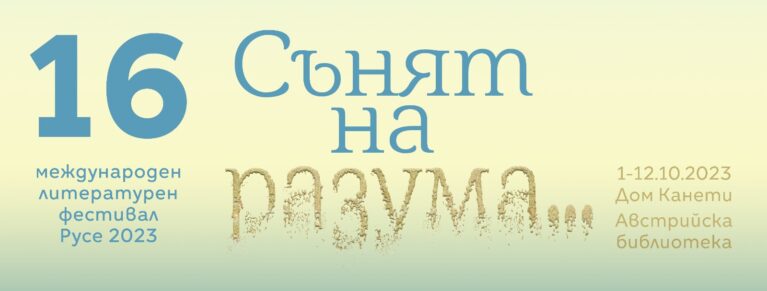The festival is realized with the financial support of the “Culture” program at Ruse Municipality.
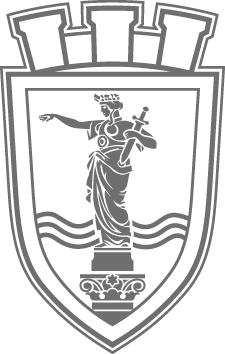
With the kind support of our partners

THE SLEEP OF REASON…
We live in an age of electronic recreation of the world and of human life and of the parallelism of possible, impossible and all possible worlds. We live in a multifaceted and multidirectional world, as it has always been, and in which different ethnic and social groups enter into increasingly direct problematic communication. We live in a world in which for centuries a way to re-create human life has also been sought and questioned about man’s responsibility in the time-space of HERE and NOW when he enters or usurps this divine function.
The Sleep of Reason Produces Monsters – Francisco Goya
“The future, which changes every instant.” The Human province. 20
“But the future has split; it will be thus or thus; on this side, all fear; on the other, all hope. One no longer has the weight to decide, not even in oneself. Double-tongued future, Pythia restored to honor.”(Elias Canetti, The Human province, 67 )
People in another form, things that talk, is that what lies ahead? The Secret Heart of the Clock, 101
The present confronts us with the ambiguity of a future that, as always, depends on present decisions that affect all of us, in this globalization, all of humanity. And literature has always been interested in these problems in its political engagement. There are eras that suddenly confront problems they are morally incapable of dealing with. “DER SANDMANN” (2022 marked the 200th anniversary of E.T.A. Hoffmann’s death.) is a theme that between the dreaming “Sandmann” and the sinister “Sandmann” aims at the extremes between kin/clan and freak/monster, a theme that has preoccupied literature, art and science for at least two centuries, again and again.
The literary festival in Ruse will be held for the sixteenth time in year 2023. Under the motto “ THE SLEEP OF REASON …” famous authors and artists from all over Europe will be invited to Ruse. In addition, this year the ninth Elias Canetti Literary Award ceremony will take place, and the nominees will also be invited to the literary festival. In this way, through THE SLEEP OF REASON … we also want to address the questions of consequences and projects, of thinking and rethinking the cultures of memory and whose memory is being recovered, of the ambivalence and duplicity of our present in which there will be no more winners: “from now on and for a long time to come there will be no more winners in our world, but only losers” (B. Brecht from “Fatzer Fragment”)
This year we invite authors from different languages, cultures and genres who will make the issues tangible for audiences of different ages. We welcome authors, artists, photographers, musicians and translators from Austria, Bulgaria, the Czech Republic Germany, Hungary, North Macedonia, Poland and Romania to accept the invitation of the International Elias Canetti Society.
Day One, (01.10.2023)
From 18.00h, Canetti House, blvd. Slavyanski 12
Literary reading: “How famous a Bulgarian writer can be”
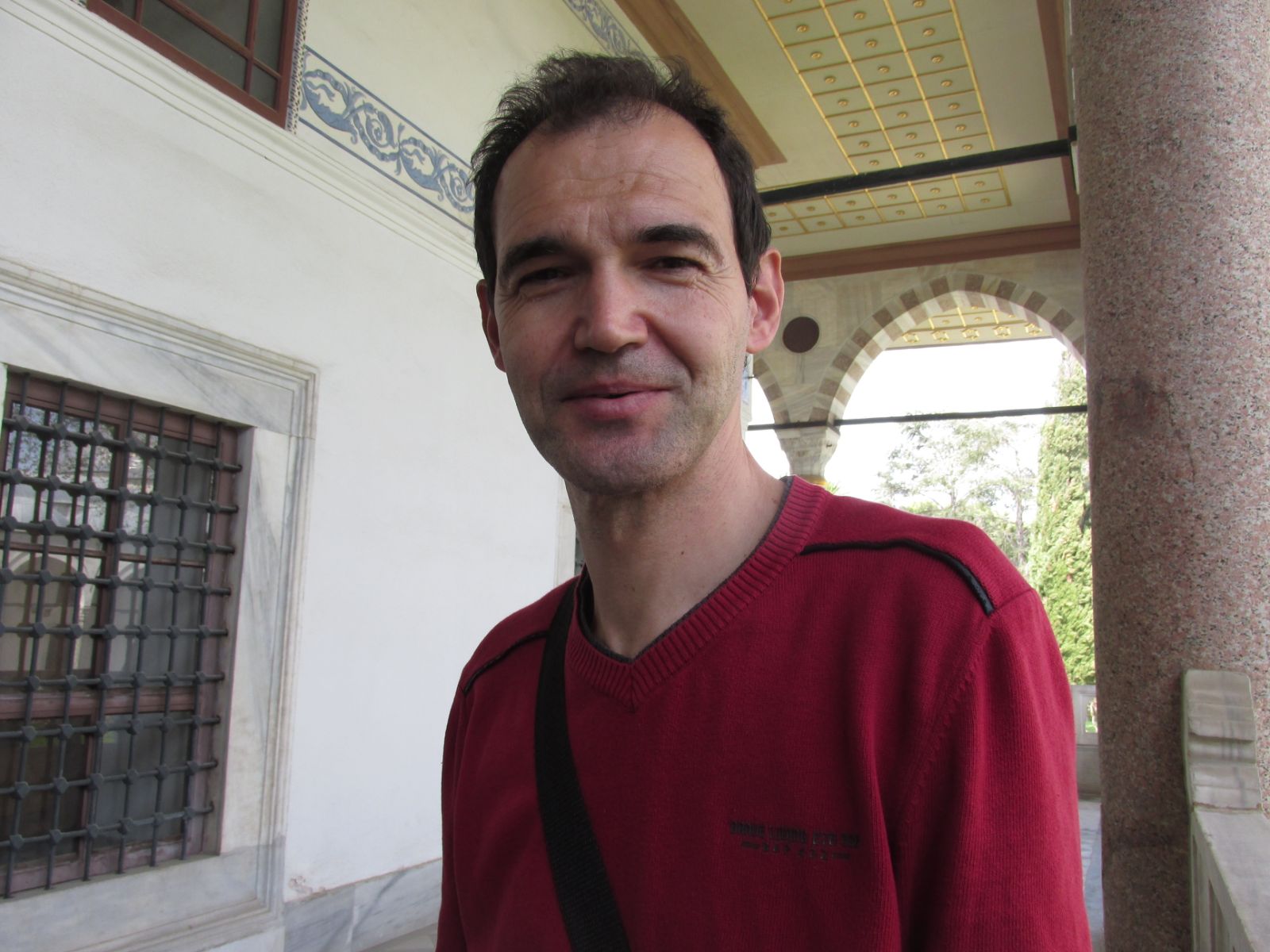
Boris Minkov
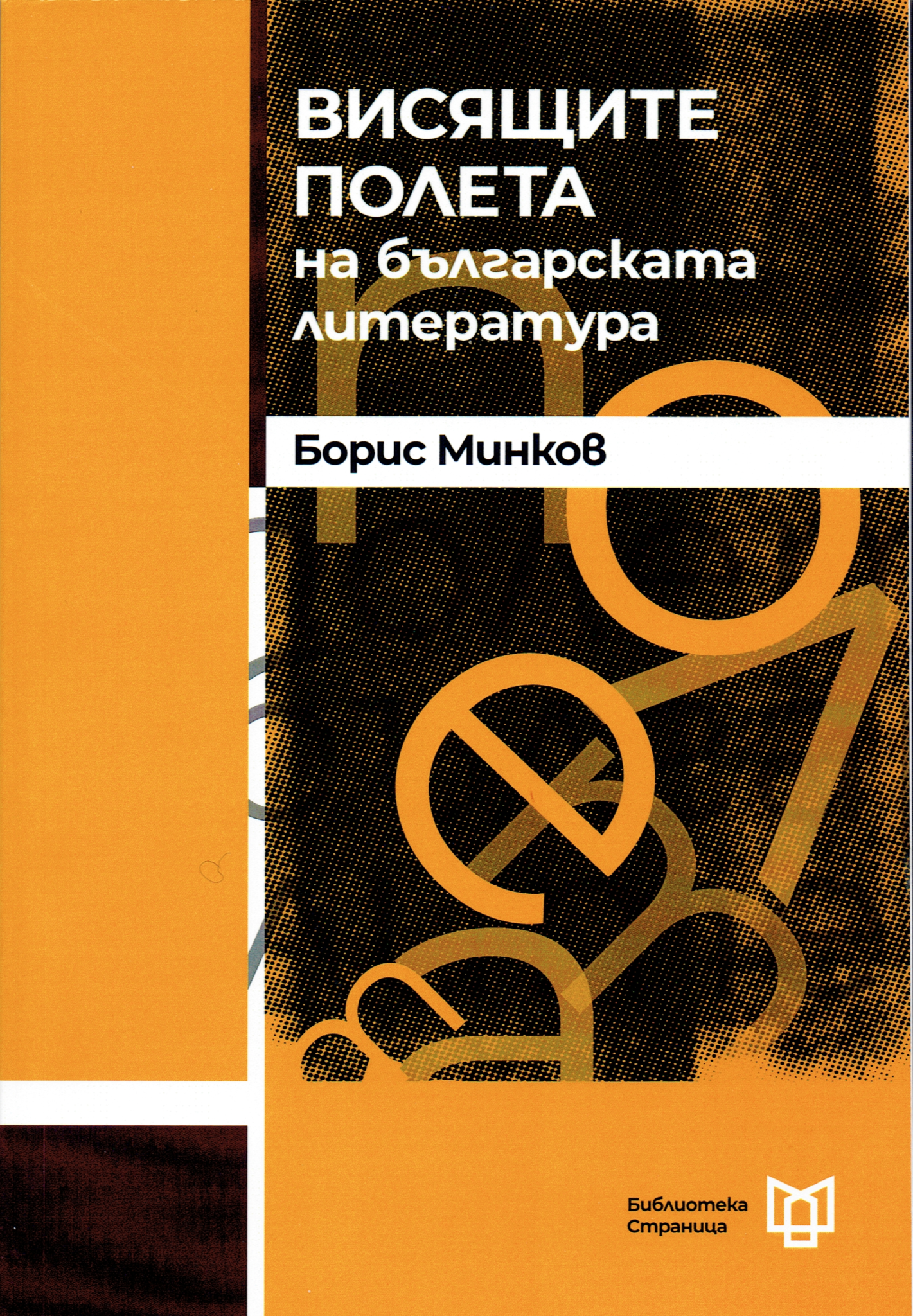
Boris Minkov
Literary historian and critic. Lecturer in the history of European literatures at NATFA “Krastyo Sarafov”. Editor and publisher of the literary magazine “Page”. Author of literary monographs, including “City – Intermediate Fields” (2011) and “The Hanging Fields of Bulgarian Literature” (2023), and books of fiction (“Overwriting or the Other Suitcase in Berlin”, 2013).
“How famous a Bulgarian writer can be”
It is enough to look only at the surface of modern society to see that the success, the effect of achievements in general, clearly dominates over what is behind them. It is not the outlook that determines success, but success determines the outlook, and this situation is marked by normality. As an equivalence – a universal currency between the disparate value and specialised sectors of society – success brings some underlying consensus order from which the conversation between the sectors is to be built from. Translated to the situation of literary production, this means that literary observers are tasked with motivating a success that has already been consensually (non-specialistically) accepted. One other feature is added to the conditions of this normality. Due to the situation with the traditionally low interest of the audience in the very process of reading and understanding literature, as well as communicating through literature (and not due to the limited amount of language speakers), the Bulgarian writer traditionally thinks (dreams) of his potential success as connected with the crossing of the language community.”- As examples in the paper will be used works by Milen Ruskov, Georgi Gospodinov, Dimitar Dinev, Rusana Burdarska, Kapka Kasabova and other authors.
From 19.00h, Canetti House, blvd. 12 Slavyanski
Literary reading: “Late Death”
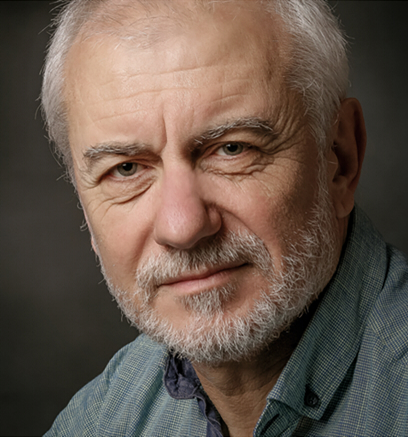
Ivan Stankov
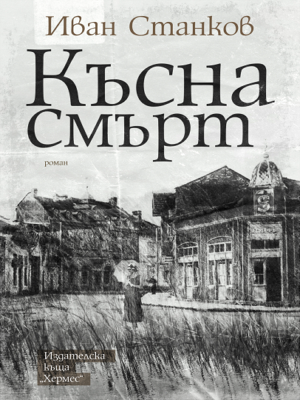
Ivan Stankov
He was born on 30.11.1956 in the village of Gomotartsi, Vidin region. He graduated from the University of Veliko Tarnovo “St. Kiril and Metodij”, specialty “Bulgarian Philology” in 1983, and since 1985 he has been working in the Department of Bulgarian Literature at the same university. He defended his doctoral dissertation in 1995. The Lyrical World of Assen Raztsvetnikov” (1993), “Yovkov’s Creativity” (1995), “Death Cannot Exist. In the Lyrical World of Boris Hristov” (1996), “On the Path of History – The Work of Dimitar Talev” (2001), “Vasil Popov. Relativism and Polyphonism” (2010), as well as numerous studies, articles, reviews published in the specialized press. He has published two collections of short stories. DM” (2014) and “Streets and Ships. GM” (2017). He has translated from Romanian three books by Mircea Cartarescu: the short story collection “Why We Love Women” (2006), the novella collection “Nostalgia” (2007) and the novel trilogy “Dazzling” (2004-2005), as well as the novel “I am a Red Granny” by Dan Lungu.
“Late Death”
Thought is responsible for the future, memory is responsible for the past, and the soul – it is always in the present tense
The main characters in this book are two men and a woman.They are the disjointed lonely tips of a love triangle. They live unbearably long, until the present day. Otherwise they are peers of the new Bulgarian state. They go through wars, revolts, coups. But History is only a decoration. Like most books in the world, this one is about love and death. The characters must endure both. In both life and book, early death is repulsive. Late death is attractive. But has anyone ever gone in time?
Day Two, (02.10.2023)
From 18.00h, Canetti House, blvd. 12 Slavyanski
Audio-visual Performance
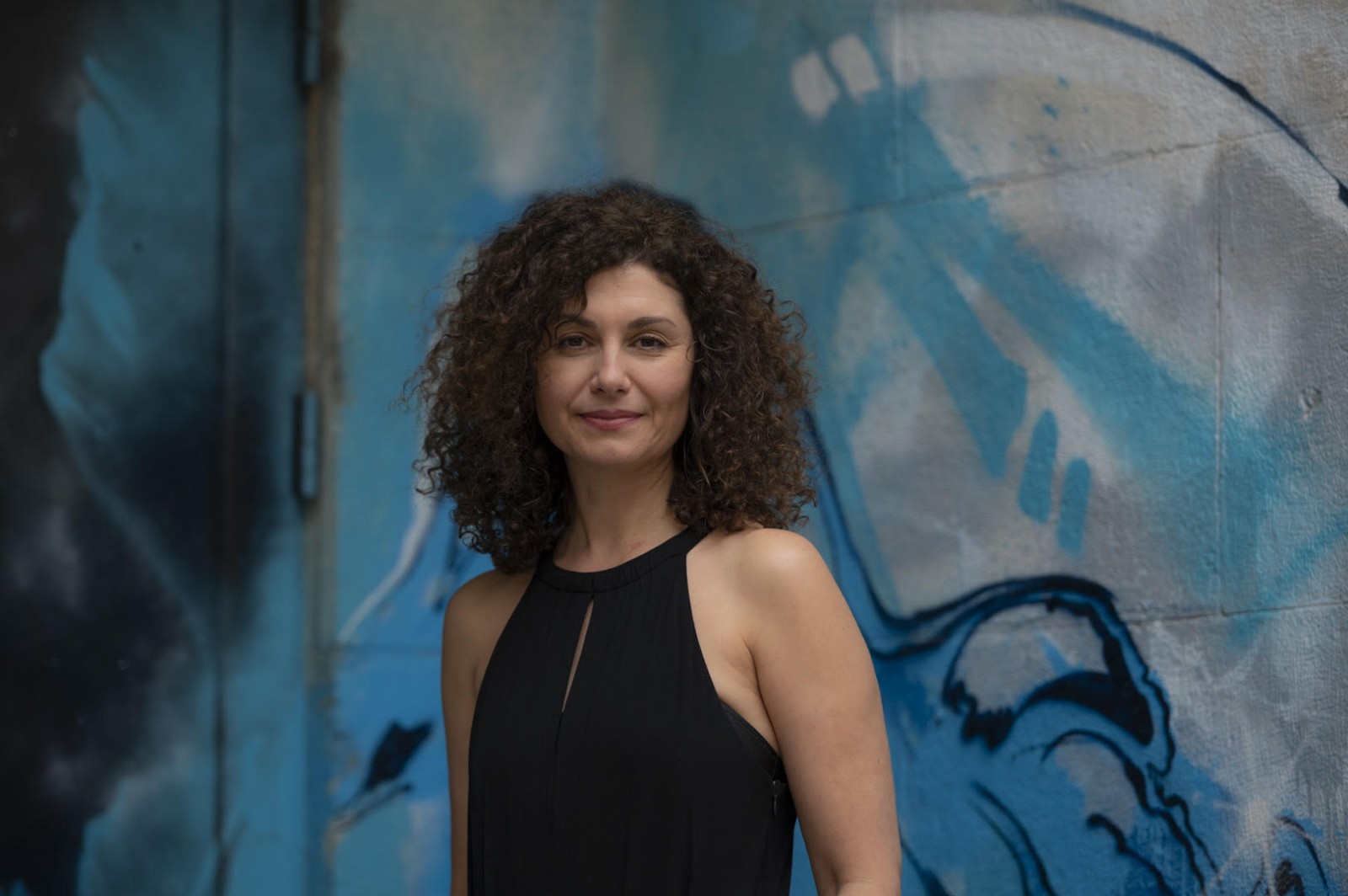
Biliana Voutchkova
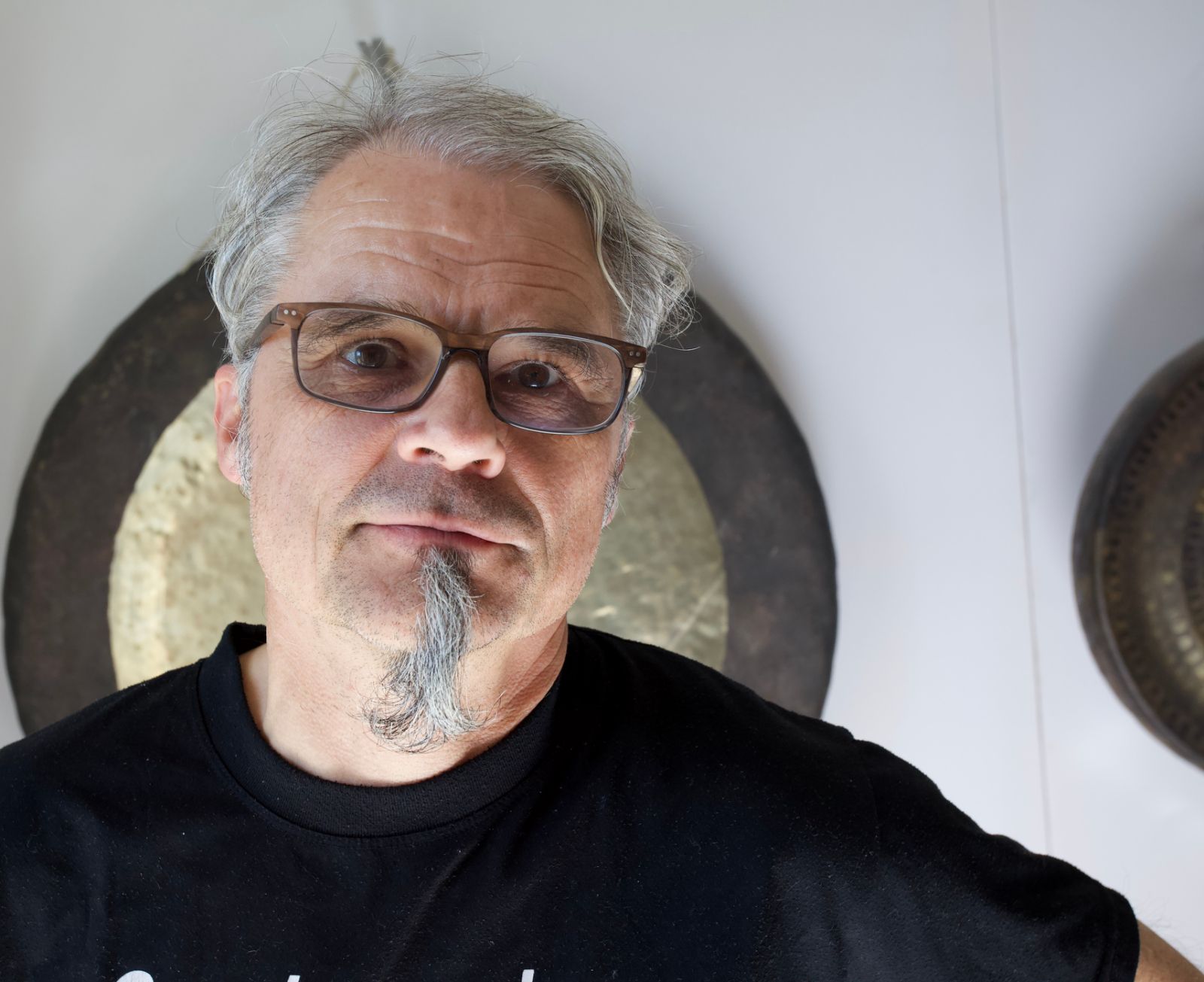
Ottjoerg A.C.
Biljana Vuckova
She is an interdisciplinary artist, violinist, composer-performer, improviser and curator with an unconventional artistic language. In her professional field, she explores states of spontaneity and intuitive resonance through the prism of listening, her early training in classical music and her many years of development as a contemporary music performer. Her work spans the widest possible spectrum of sound, vision, and movement, and includes concert performances of improvisations, contemporary compositions and original site specific works, exhibitions, durational/multidisciplinary performances, audiovisual works, and installation formats. Their starting point most often focuses on the interrelationship between the inner world and the sonic space.
Ottjoerg A.C. (Heidelberg 1958)
Studied philosophy and journalism at the Free University of Berlin and fine arts at the University of Applied Arts Vienna with A. Hrdlicka , Repin Institute St. Petersburg with Prof. Pakhomov, last master student Udk Berlin with Rolf Szymanski.
First international exhibition in 1989 in Gallery of the Central Academy, Beijing/China, since then exhibitions, in situ projects and installations by use of mixed media in Europe, Asia and the Americas. Since 1999 global projects such as Existentmale- subway window pains become prints or 2007 to 2016 Deskxistence project, 300 unchanged school desk plates from all over the world become clichés for large-format etchings. Works in public and private collections . Since 2004 lectures and workshops at academies and art schools in South America, Europe and Asia. Lives and works in Sofia and Berlin.
for more: www.ottjoerg.com
THE EAR OF THE SANDMAN
Reading fragments of the text by E.T.A. Hoffman’s “The Sandman” Sound collages and video projections from Brazil (Amazonas and Rio Grande do Sul) The focus of this concert-performance is deliberately on Hoffman’s literary figure rather than the music.
In the space above the visitors, four speakers are distributed over sound collages and text fragments from the night play “The Sandman” are played. Outside the auditorium are 3 video projection screens. The still well-known today Hoffman combines technology and the occult in an exemplary way in his night play “The Sandman”. He leaves open the question to what extent the individual can protect himself from this. Unlike many of his contemporaries, who saw a bright future emerging from a dark past, Hoffman also traces the fears and fascinations that dominate human beings.
Here again he meets the zeitgeist, especially today. In his nocturnal play “The Sandman”. And here again he captures the spirit of the times, especially today. These aspects also determined the choice of music. Apart from the fragments of texts, the audiovisual projections are the third element of the performance. They refer to Brazil, a country with which the artist Ottjoerg A.C. is well acquainted and which many in Europe associate with fears but also with longings: crime and the deforestation of the Amazon rainforest on the one hand and carnival, samba and mulattoes on the other. Even the occult seems at home in Brazil with macumba and candomblé. To this day it is considered by many the country of the future, according to Stefan Zweig. Henceforth a close dialogue is woven into a tightly woven dialogue in this performance.
Day Three, (03.10.2023)
From 18.00h, Drama Theatre “Sava Ognyanov” lobby
Exhibition: “Reading during the Socialism” GDR and NRB
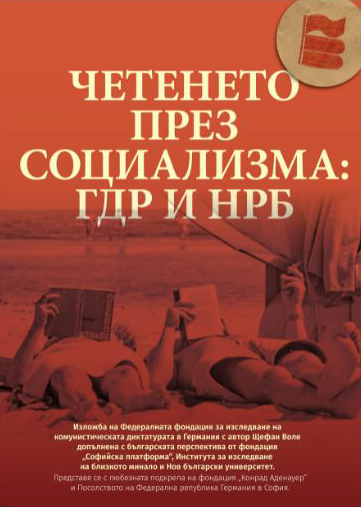
Exhibition “Reading during the Socialism” GDR and NRB
The exhibition “Reading during the Socialism” GDR and NRB comprises 24 panels and is available free of charge from August 2023 as a set of 24 posters measuring 70×50 cm. Created by the Federal Foundation for the Study of Communist Dictatorship in Germany, the exhibition is enriched by four panels on the cultural history of Bulgaria from the Sofia Platform Foundation, the Institute for Studies of the Recent Past and the New Bulgarian University.
The exhibition is presented with the kind support of the фондация „Конрад Аденауер“ and Посолството на Федерална република Германия.
EXHIBITION
Do you know the mysterious smell of old books that wafts from open dusty chests when you visit a library or a crowded antiquarian bookshop? A smell that reminds you of almost forgotten stories brought to life as you leaf through the books. The 24 exhibition panels with texts, photos and videos invite you on a journey for all the senses through the reading countries of the GDR and NRB. Countries whose communist government believes in the power of the written word and fears it at the same time. Where reading and writing are generously encouraged, while in libraries politically undesirable literature is available only for a “hazardous materials certificate” and mail and tourists arriving from the West are searched. “Reading during the Socialism” GDR and NRB tells of the stubbornness of people who don’t want to be dictated to about what to read, who queue up for rare books, and who secretly pick up some of the much coveted West German editions at the Leipzig Book Fair.
The exhibition panels also take you into the world of crime fiction, fairy tales and science fiction; they tell the story of Soviet Union literature, of the amateur writers of socialist realism and allow us a glimpse into old cookbooks. The exposition sheds light on the contacts between writers on both sides of the East-West border, radio, television, but also books that allow travel around the world beyond the closed borders of communist countries. The time travel ends with the writers involved in the peaceful revolution and the recent past as the theme of contemporary literature. “Reading during the Socialism” GDR and NRB is not only a contribution to the cultural history of the communist dictatorship in the GDR. There are four additional panels on the literary and cultural history of Bulgaria, as well as short video interviews with Bulgarian scholars and witnesses of the era, showing the similarities and differences between the two communist regimes.
Source: ЧЕТЕНЕТО ПРЕЗ СОЦИАЛИЗМА: ГДР и НРБ (2023) (sofiaplatform.org)
From 7 p.m., Austrian Library, pl. “Svoboda” No. 4
Literary reading: “Brussels Naked”
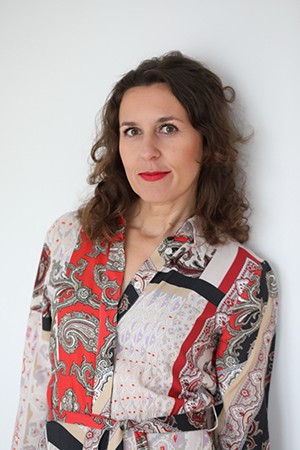
Irina Papancheva
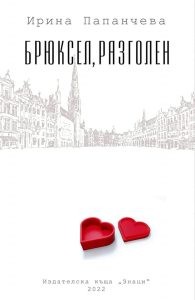
Irina Papancheva
She is born in Burgas. She graduated from a class with a literary profile at SEU “St. St.. Cyril and Methodius”, a Master’s degree in “Slavic Philology – Czech Language and Literature” at St. Kliment Ohridski” and “European Integration and Development – European Politics and Social Integration” at the Free Flemish University of Brussels (Vrije Universiteit Brussel).
Her professional experience includes working as a journalist, editor, translator, deputy mayor of Sofia Municipality, human rights activist in the Bulgarian and European NGO sector. Currently she works as Head of EU Advocacy at Hope and Homes for Children in Brussels.
Irina Papancheva was among the ten Europeans who participated in a public discussion on “The New Cosmopolitan” in Amsterdam, at the invitation of the Felix Meritis Foundation, following an essay competition on the same topic. She was also one of the five nominated participants in the essay competition of Fans of Flanders & VIW.
She is the author of the children’s illustrated book I Stutter (Siela Publishing House, 2005), the novella Almost Intimate (Kronos Publishing House, 2007), the novels Annabelle (Janet 45 Publishing House, 2010), Pelican Feather (Janet 45 Publishing House, 2013), and the short story “The Flanders”. ), “She, the Island” (KK “Trud”, 2017) and “Brussels Naked” (IK “Znaki”, 2022), the novella “Welcome, Nathan!” (Fast Print Books, 2019), as well as short stories and the play “For a Hippopotamus” (2016).
Award to the participants in the competition “Southern Spring – 2008” for the short story “Almost Intimate”. “Annabelle was one of three books nominated in the Elizabeth Kostova Foundation and Open Letter Books competition at the University of Rochester for the Contemporary Bulgarian Novel (2014), and “Brussels Naked” came second in the same competition (2022). The manuscript of “Brussels Naked” was nominated for the first Orpheus Prize, 2022.
“Brussels Naked”
‘Brussels Naked‘ is a novel written with deep intimate knowledge of the multinational context in the capital of united Europe. Irina Papancheva’s elegant composed style harkens back to the best examples of contemporary European prose, and the original structure of the novel adds to its impact.
As a narrator, Irina Papancheva demonstrates an enviable inner self-confidence and balance that help her bear the paradoxes of Europe’s cultural puzzle, but also the complexity of the interpersonal relationships. Without being overtly emotional, the novel ‚Brussels Naked‘ is imbued with a subtle eroticism and sensitivity that touches and fascinates the reader. (Alek Popov)
Iris, a young Bulgarian journalist, arrived in Brussels for an internship at the European Parliament in 2003. She expects Brussels to be a “simple, institutional and boring city”, but is enchanted by it and decides to stay. The stakes are high: her marriage. Brussels has many voices, languages, identities, but their speakers live enclosed in their communities. What happens when chance breaks their boundaries and they meet? Does the married Dutchman make the mistake of his life when he calls a Slovenian companion on a lonely night in Brussels? Will the young Moroccan girl find love in her arranged marriage as her sister runs away from home to go to university? Will the Senegalese take advantage of his closeness to Iris in a haunted house? How will the Belgian woman, unable to come to terms with the wave of migrants flooding her city, interact with the Syrian mother and child she is forced to take in? Has the Croatian woman working at the Commission managed to escape her childhood war? Will the Portuguese photographer capturing footage of the 2015 lockdown choose his companion? Will the British woman who spends night after night solving tests get a permanent place on the Commission? Ten characters of different races, nationalities, and religions recount episodes from their daily lives in Brussels and before, and Iris’s life runs through them like a red thread.
‘Brussels Naked‘ – a novel about the invisible trace we leave
Good Bulgarian books should be shared and talked about with at least a fraction of the excitement with which we feel they have been written with. At least, that’s what I think. Therefore, today I want to tell you in a few lines about the novel “Brussels Naked” by Irina Papancheva, without revealing anything from […]
Irina Papancheva undresses Brussels, Europe and the world
In “Brussels naked”, Irina Papancheva skilfully and fascinatingly undresses Brussels, Europe and the world, by exposing people, feelings, faith, religiosity, passions and destinies; united in a novel construction.
The book consists of twelve interwoven stories, each with a separate narrator.
The discreet charm of Brussels. Irina Papancheva’s new novel
‘Brussels Naked‘ is a novel written with deep intimate knowledge of the multinational context in the capital of united Europe. Irina Papancheva’s elegant composed style harkens back to the best examples of contemporary European prose, and the original structure of the novel adds to its impact. Each chapter is situated in a separate district of Brussels and has its name, respectively, as well as
Day Four, (04.10.2023)
From 18.00, Canetti House, blvd. Slavyanski 12
Literary reading: “Thomas Mann’s Coat”

Istvan Vörös
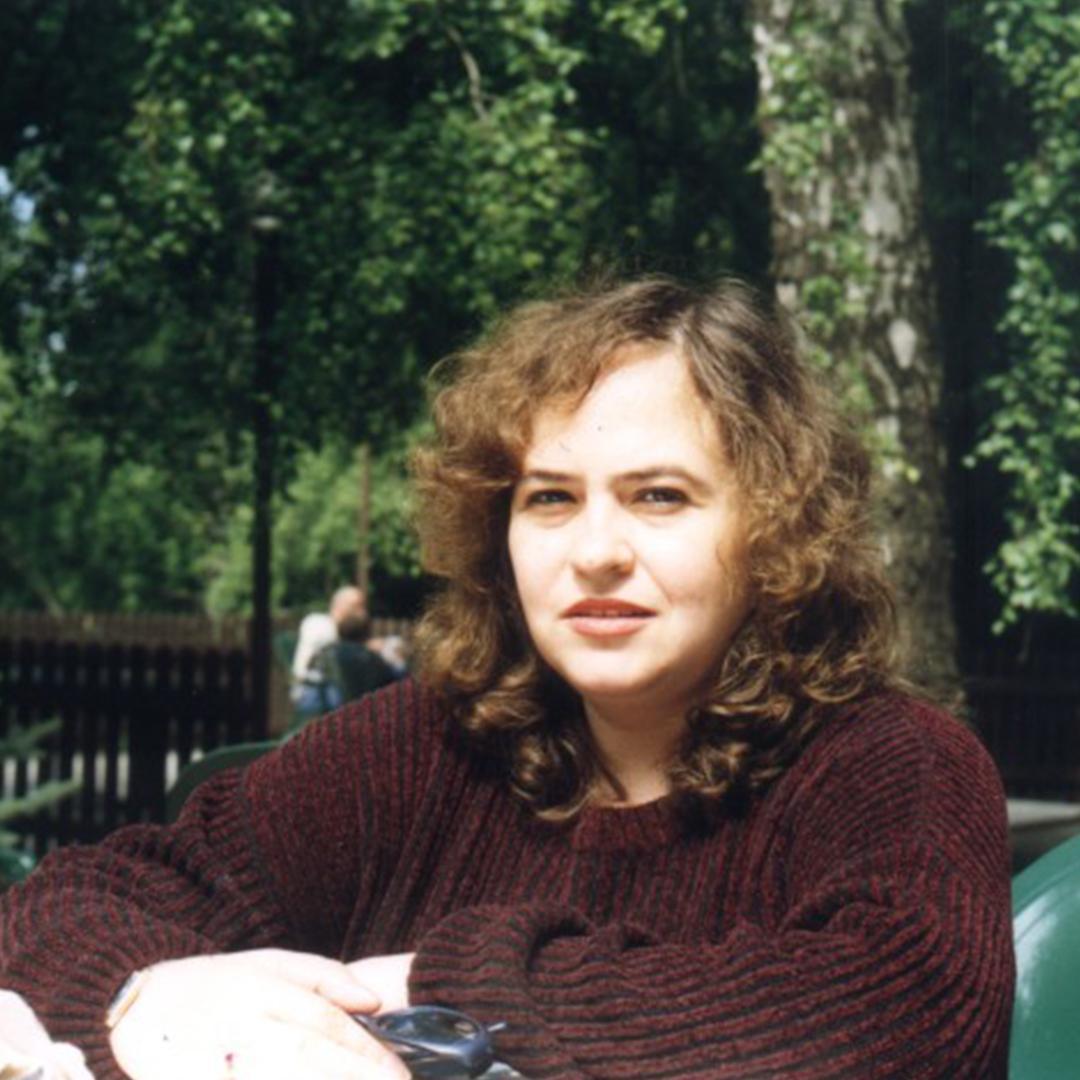
translator: Stefka Khrusanova
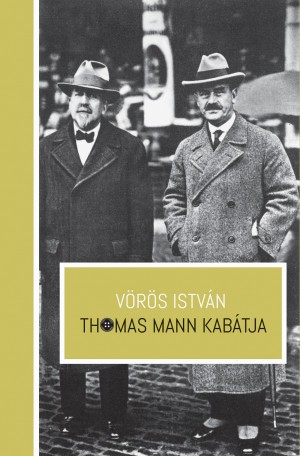
Istvan Vörös
He was born on 20 September 1964 in Budapest. In 1992 he graduated in Hungarian and Czech philology from the Eötvös Loránd University in Budapest. In 1998 he became a candidate of literary sciences. Since 1997 he has been an assistant professor at the Pázmány Péter Catholic University, since 1998 he has been a main assistant, since 2004 he has been the head of the Department of Bohemian Studies, since 2005 he has been an associate professor. Since 2013 he has been teaching in the Department of Aesthetics. In 2004, together with János Lackfi, he initiated Hungary’s first university course in creative writing. Since 2023 he has been a freelance writer. He publishes prose, poetry, plays, literary criticism, translates from Czech, English and German, compiles literary anthologies. His works have been translated into English, Arabic, Bulgarian, Czech, Esperanto, Greek, Hebrew, Hindi, Croatian, French, Chinese, Polish, Macedonian, Mongolian, German, Italian, Russian, Portuguese, Romanian, Spanish, Serbian, Slovak and Slovenian.
Major works
Poetry collections: ‘Salt, Bread’ (1988), ‘That Which The Sleeper Does Not See’ (1994), ‘The Wonderful Old Man’ (1996), ‘Waiting for the Domestic’ (1999), ‘Heidegger, the Postman’ (2003), ‘One Hundred and One’ (2014), ‘One Hundred and Fifty Psalters’ (2015), ‘Is Petőffy Alive?’ (2023).
Stories: ‘The Five Fingers of the Hand’ (2001), ‘Schweik’s Confessor’ (2007), ‘The First Night of Freedom’ (2019). Novels: ‘Baptism in a Flood’ (2011), ‘Gagarin’ (2013), ‘Thomas Mann’s Coat’ (2017).
Plays: ‘Devil’s Mouth (2010), ‘Born with Laughter’ (2013).
Essays: ‘Kafka’s Paradigm’ (jointly with Ishtvan Kemen, 1993). Literary criticism: ‘There is no more uninhabitable islands’(2001), ‘Poems in shadow and irony’ (2022).
*
Theatre performances: ‘Antigone’s Mirror’ (2006), ‘The Lurking Witch’ (2007), ‘Eggplants and Peppers’ (2009), ‘The Singing Prince’ (2009), ‘The Devil’s Mouth’ (2010), ‘Play Faust’ (2012), ‘Happy Hour’ (2014), ‘The Sea in the Yard’ (2015), ‘Gun on the Table’ (2015), ‘Baudelaire in Nadköyös’ (2016), ‘Encounters with Myself’ (2018), ‘The Comet’ (2018), ‘I Was Khrushchev’s Waiter’ (2019), ‘The Death of Hegel’ (2020), ‘The Pillars of the World’ (2021), ‘The Don Quixote Syndrome’ (2022), ‘Help, I’ll Help!’ (2023).
More important awards
Derry (1998), Milan Füsst (1998), Book of the Year (2000), Vilenica, Slovenia (2000), Attila József (2003), Hubert Burda, Heidelberg (2003), Bohemica Prize, Prague (2005), Best Play, XIX Hungarian Drama Competition (2014), Alföld (2018) and numerous grants.
Stefka Khrusanova
She was born in Sofia. She graduated from the 114th English Language High School in Sofia and studied Hungarian, English and Bulgarian philology at Sofia University. Kl. Ohridski University with two specializations during her studies at the University of Debrecen. She is a founding member of the international working group on translation Linguaggi-di-versi, an association of translators and poets from Bulgaria, Italy, Slovenia, France, etc. She has translated twenty-three books from Hungarian – by Endre Kukorelly, Ferenc Molnár, Péter Zilahy, Dezső Kosztolányi, Antal Szerb, László Marton, Imre Kertész, Istvan Vörös, Margit Kaffka, etc. She has contributed translations to twenty anthologies. She has also translated books from English (5) and Slovenian (1). In 2011 she was awarded the Order of Merit of the President of Hungary.
‘Thomas Mann’s Coat’
What is a brilliant novel or a piece of music? Can one tell from them whether their author has willingly or unwillingly signed a contract with the devil? If Goethe shows the relationship between the scholar eager for a great political career and the devil, and Mann the price of a great composer’s genius, we can see from this book that the price of a tailored coat can be genius too. And to achieve that genius almost always requires outside help. From the devil? It can. But it can also come from elsewhere. This novel attempts to fill the supernatural adventures of sewing a coat with the requisite measure of genius so that it seeks help from the story of another coat, the coat of a Hungarian child. And if all this together fails to produce a novel, as, say, black and white in a certain pattern form a pepit, then along comes the tailor of the story, and after the tailoring of that story a more genius-than-man depiction of the world and society emerges. That of the elephants. But quietly, only the book can shed light on the mystery. For there is a secret, there is a light that can make it all clear to us.
From 19.00, Canetti House, blvd. Slavyanski 12
Reading: “Drama lost in time”
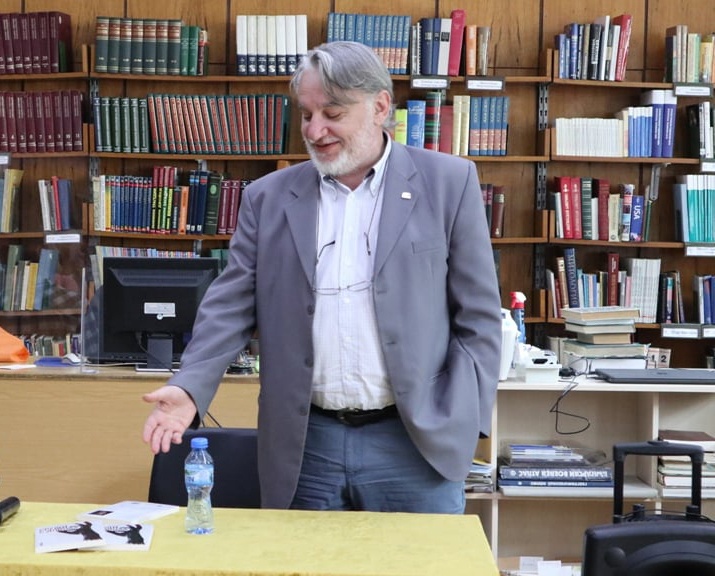
Sashko Nasev
Sashko Nasev
He is a professor of dramaturgy and screenwriting in Skopje. Graduated in Literature and Dramaturgy, MA in German Philosophy and PhD in American Philosophy. He has been a journalist, a director, an ambassador, but above all a writer. His dramas and literature have been translated into 12 languages and his plays (23 in number) have been staged in Macedonian and foreign theatres. He is the author of 2 feature films, 2 documentaries and 4 TV series. He has won international awards, participated in many festivals and collaborated with foreign universities. He is the director of the Cultural Information Center of North Macedonia in Sofia, married to Nada and father of Nase and Gala. “Encounters with the Devil” is his first book published in Bulgarian in 2021. Sashko Nasev is one of the most prolific Macedonian writers, author of a long list of plays, writing scripts for TV movies, TV series and cinema films. Many of his plays are highly successful and are performed on theatre stages throughout the Republic of North Macedonia and the world. In 2018, he became the Executive Director of the Cultural Information Center of the Republic of North Macedonia in Sofia. His latest book, “Encounters with the Devil”, is a modern, Balkan version of the motif of selling your soul to the devil in the spirit of Bulgakov’s “The Master and Margarita”. Sashko Nasev’s novel successfully fits into the tradition of urban magical realism.
“Drama lost in time”
A man and a woman meet in a hospital waiting room! As they wait for news of the health of their mutual relative, who has been injured in a car accident, streams of memories, encounters, mutual feelings, urges and desires swirl.
This is a play about life and death. About man and the world we live in today! A play about the clash between man and woman as individuals!
Woman – wife, lover, actress, saviour. Woman
as a mother – the foundation of life. Man as the catalyst of this life.
This is a play in which two actors perform their last dance on the stage of their lives. A dance of love, desire, feelings, faith in each other. A dance we are all in. And it is always danced by two! The important thing is that we are not alone!
Read by actors Yasena Gospodinova and Ivajlo Draganov
Day Five, (05.10.2023)
From 18.00h, Canetti House, blvd. 12 Slavyanski
Exhibition of Polish posters
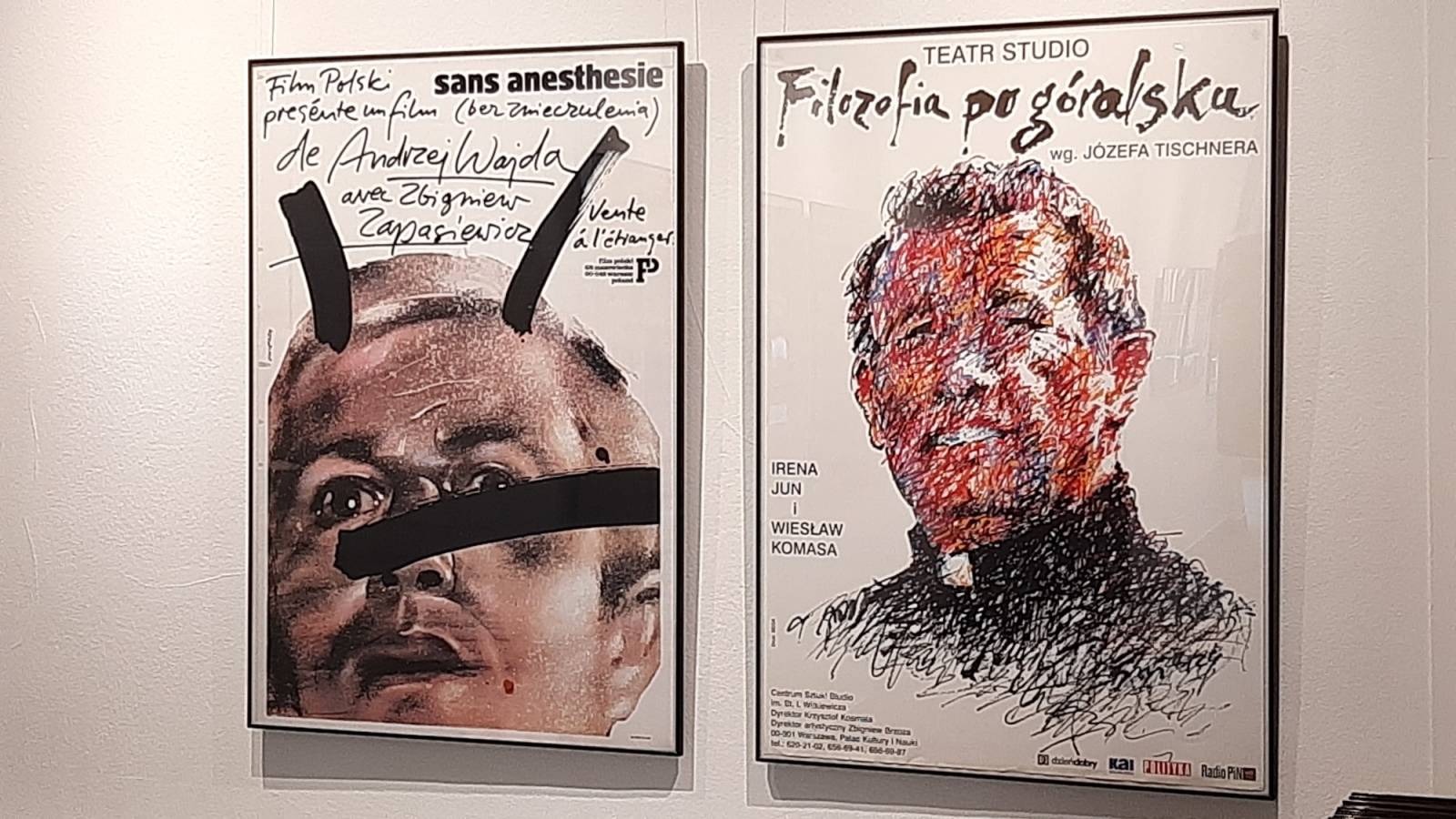
Exhibition of Polish posters
“The simplicity and economy of artistic means of the poster are its strength,” says Jan Lenica, one of the greatest Polish poster artists and cartoonists. The exhibition presents a wide selection of posters by some of the most famous names of the representatives and followers of the Polish poster school, which are part of the rich collection of the Polish Institute. The collection is a colourful panorama of works by artists who linked their life and creative path with the powerful poster tradition. It includes posters by the greatest masters: Waldemar Szwiedzi, Stasys Eidrigiewicz, Roman Kalarus, Andrzej Pongovski, Jan Lenica, Lech Majiewski, Mieczyslaw Gurowski and others. Thanks to these artists, the “Polish Poster School” was born, whose characteristic feature is synthetic graphic thinking based on symbol and metaphor, loaded with enormous content. The pursuit of a synthesis of the visual arts played a special role in the achievements of Polish artists. The integration of painting, graphic arts, photography, film influenced the diversity of graphic arts – and thus the plastic expression of the poster was enriched. In the world of contemporary visual culture, the Polish poster is a trademark and a highly artistic territory that attracts those enamored with the art of the poster.The role of the poster in Polish art is evidenced by the fact that in 1968 the world’s first poster museum was founded in Vilanów.
From 18.30h, Canetti House,
blvd. Slavyanski 12
Literary reading: “The East”
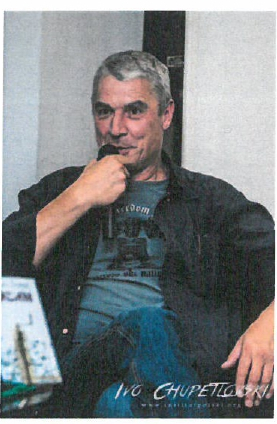
Andrzej Stasiuk
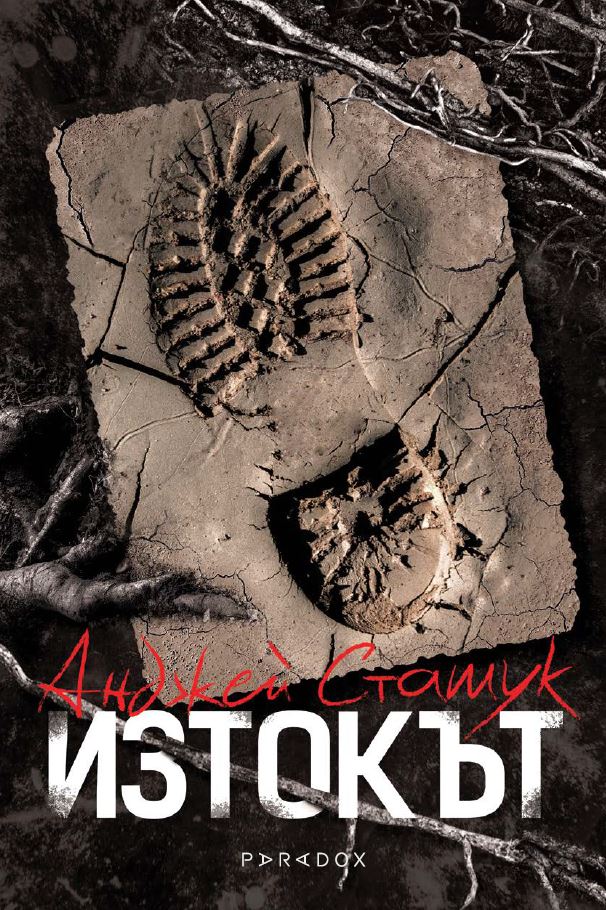

Milena Mileva
Andrzej Stasiuk
He (b. 1960 in Warsaw) is one of the most successful, award-winning and internationally acclaimed contemporary Polish writers. With 24 books of fiction, drama, essays and poetry translated into 24 languages, awarded 24 prizes and reprinted many times, he has long since become a cult figure for Polish audiences and a favorite author of a huge reading and thinking audience worldwide. This “cult of personality” is due not only to his immense writing talent, but also to his rather extraordinary biography.
Stasiuk was expelled from three consecutive schools and did not complete high school – but he devoted himself to literary self-education, reading Dylan Thomas and Allen Ginsberg in the original and contributing to various underground opposition publications. He worked in all sorts of capacities, including as a psychiatric orderly and street musician. A convinced pacifist, Stasiuk deserted the army and served a year and a half in a military prison, where he “gained life experience without having to kill anyone.” The literary result of his imprisonment is called The Walls of Hebron (1992) and opens the author’s path to great literature. In 1986, Stasiuk settled in the village of Charne in the Low Beskid Mountains near the border with Slovakia. He disproves legends that he raises llamas, but with his characteristic sense of humor he makes no secret of the fact that they amuse him. In 1996, together with his wife Monika Schneiderman founded her own publishing house Charne, which is today one of the most prestigious and influential Polish publishing houses. And Stasiuk continues to travel the world in his specially enhanced Nissan Patrol, fascinating us with his impressions of Ulaanbaatar or his essays on death, writing meekly in his village.
Andrzej Stasiuk is well known to the Bulgarian audience thanks to the books “The White Raven”, “Galician Stories”, “Nine”, “On the Road to Babadag” and “Taksim” published by Paradox.
“The East”
It is another beautiful and wandering book by Andrzej Stasiuk, which deservedly won him the Literary Award of the City of Warsaw and another NIKE nomination for 2015. The novel is not just a chronicle of a journey through Russia, Mongolia and China.
As always, the literary result of Andrzej Stasiuk’s wanderings is a surprising combination of stream-of-consciousness and travelogue in the best traditions of Jack Kerouac, whose novel On the Road is his favorite book and one of Paradox’s most popular titles. And like On the Road to Babadag (for which he actually received an NIKE, 2005), it also accommodates the author’s personal impressions, (self-)reflections and musings on the state of the modern world and the peoples whose identities have been melted by powerful historical forces that have their origins in the Far East.
Like Kenneth White in The Blue Road, Andrzej Stasiuk travels and philosophizes, but in a strange and seemingly upside-down way.
Where is the East, where does it begin and where does it end?
Is it possible to say that today, when Poland is already part of the EU and Russia and China are practically capitalist countries assimilated by globalization like the rest of the world, the East does not exist? Andrzej Stasiuk asks himself this question travelling on the Trans-Siberian Express, somewhere between Ulan Ude and Chita, but it applies with equal force to Warsaw’s Gorokhov district, to the Podlasie villages, or to some Chinese metropolis – all marked by the communist project of world transformation.
Milena Mileva
She is a member of the Union of Bulgarian Journalists and a long-time editor at the Bulgarian Telegraph Agency. Among her translations are the following titles: Samson and Delilah by Jan Dobraczyński, The Comedienne by Władysław Raymont, The Metaphysical Horror by Leszek Kolakowski, The Assassination of the Pope by Eugeniusz Guz, etc. Milena Mileva is the Bulgarian translator of the books “Gotland” and “Make Your Own Paradise” by one of the most popular Polish journalists Mariusz Szczygiel. “Gotland won the NIKE Readers’ Choice Award (2007), the European Book Award 2009, and one of the most prestigious awards of the Czech Republic – Gratias Agit (2009). Its sequel, Make Your Own Paradise, once again takes us to the Czech Republic, but this time it also crosses the boundaries of reportage. Hers are also translations of some of the iconic texts of Ryszard Kapuscinski, the founder of Polish literary reportage.
From 19.30h, Canetti House, blvd. Slavyanski 12
Literary reading: “The Butterfly Hunter”
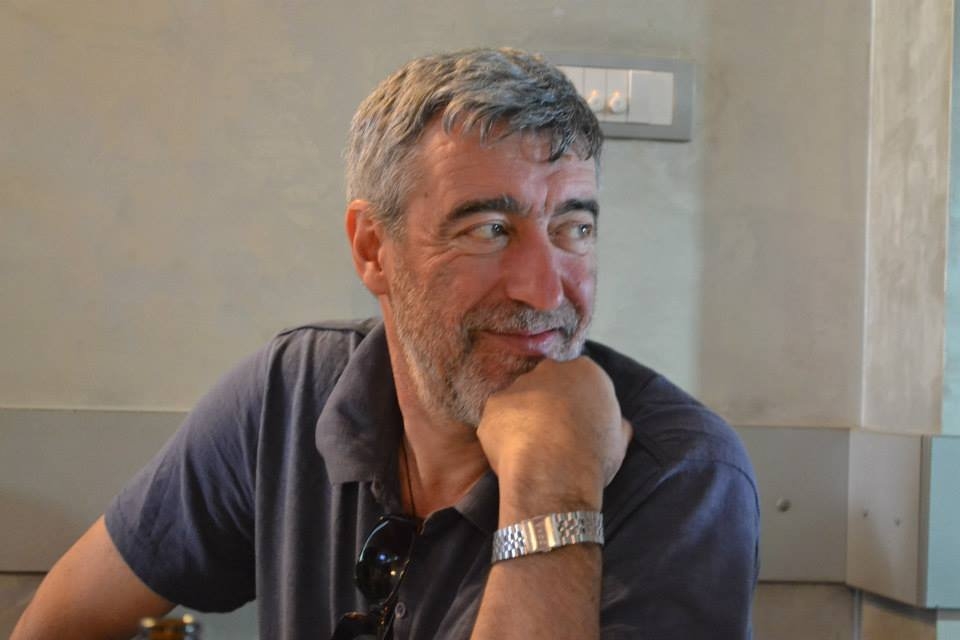
Kostadin Kostadinov
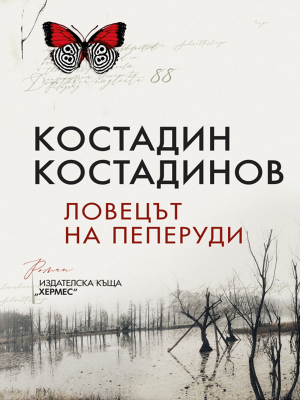
Kostadin Kostadinov
Born on 14 November 1960 in Radomir. He graduated from the Sofia University “Kliment Ohridski” with a degree in Bulgarian Philology. For some time he worked as a journalist in the newspapers “Student Tribuna” and “Ecoglasnost”. In 1990 together with his friends he founded the publishing house “Pan”. Since then he has devoted himself to children’s literature. He created dozens of educational and popular works. The films “Reserve for Pink Pelicans” (2003) and “The Legend of the White Boar” (2004) are based on his scripts. The writer made his debut with the book “Reserve for Pink Pelicans” in 1991. His second book of fiction, a collection of short stories and novellas, was titled The Bay of Iphigenia and was published in 2016. In May 2022, his novel The Butterfly Catcher, winner of the prestigious Helicon Prize, was also released on the book market.
“The Butterfly Hunter”
The novel resurrects the myth of the Danube Atlantis and its inhabitants. The plot is based on the folk belief that when a person dies, the next day a butterfly comes and lands on the grave and takes away the soul of the dead. Each of the butterflies in the novel is a mirror image of the deceased. A veritable kaleidoscope of human souls from across the earth’s geography. On the border between life and death, each of them finds their way to immortality. The most precious, the 88th butterfly, comes for the protagonist Lazar Karaivanov (Kosturo).
Day Six, (06.10.2023)
From 18.00h, Canetti House, blvd. Slavyanski 12
Exhibition: “Natural Space”
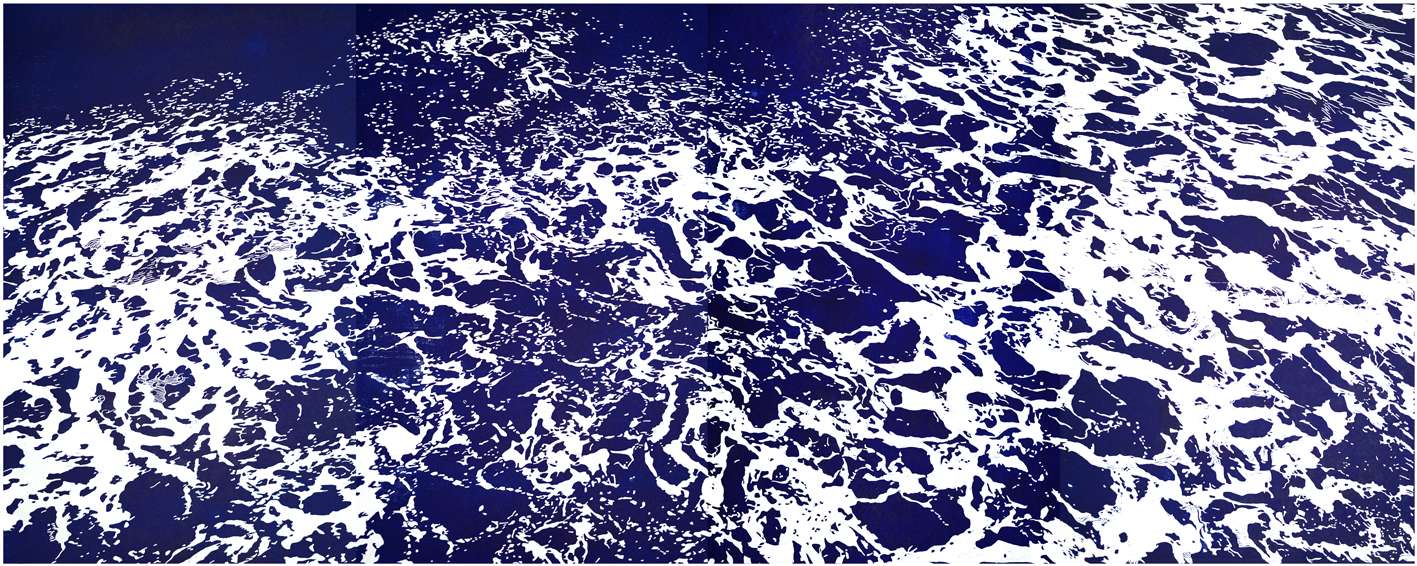
Desislava Unger ” I would dive “
Exhibition “Natural Space”
www.kunstraumarcade. at, 2340 Mödling, Hauptstraße 79 (Beethovenhaus)
Artistic representations of nature have always occupied a central place in art. Its fascination lies in its contradictory duality: nature as a place of longing for a biblically pristine, heavenly state and at the same time a place of danger and extreme challenges.
The theme has also inspired the artists of kunstraumarcade for several exhibitions in recent years. In 2021, the central theme is “The Garden” as a place of longing, followed in 2022 by the exhibition NATURE SPACE GARDEN featuring Austrian and Bulgarian artists from kunstraumarcade at the Bulgarian Cultural Institute Wittgenstein House in Vienna. As a continuation of this exhibition, two presentations of the ETERNAL SPACE project will take place in Bulgaria in autumn 2023.
The works offer food for thought and invite us to reconsider our own relationship to precious natural spaces. To pause, to recover nature as a source of strength and inspiration, to realize it as the foundation of our own existence is the imperative of today.
Natural space, Regional History Museum Sofia, Triangular Tower of Serdika, Blvd. “16, 1000 Sofia, Opening: 14. 9. 2023, Duration: 15 September – 4 October 2023
International Elias Canetti Society – Canetti House, Blvd. “Slavyanski” 12, 7000 Ruse, Opening: 6. 10. 2023, Duration: 7. 10. – 27. 10. 2023
From 19.00, Canetti House, blvd. Slavyanski 12
Literary reading:
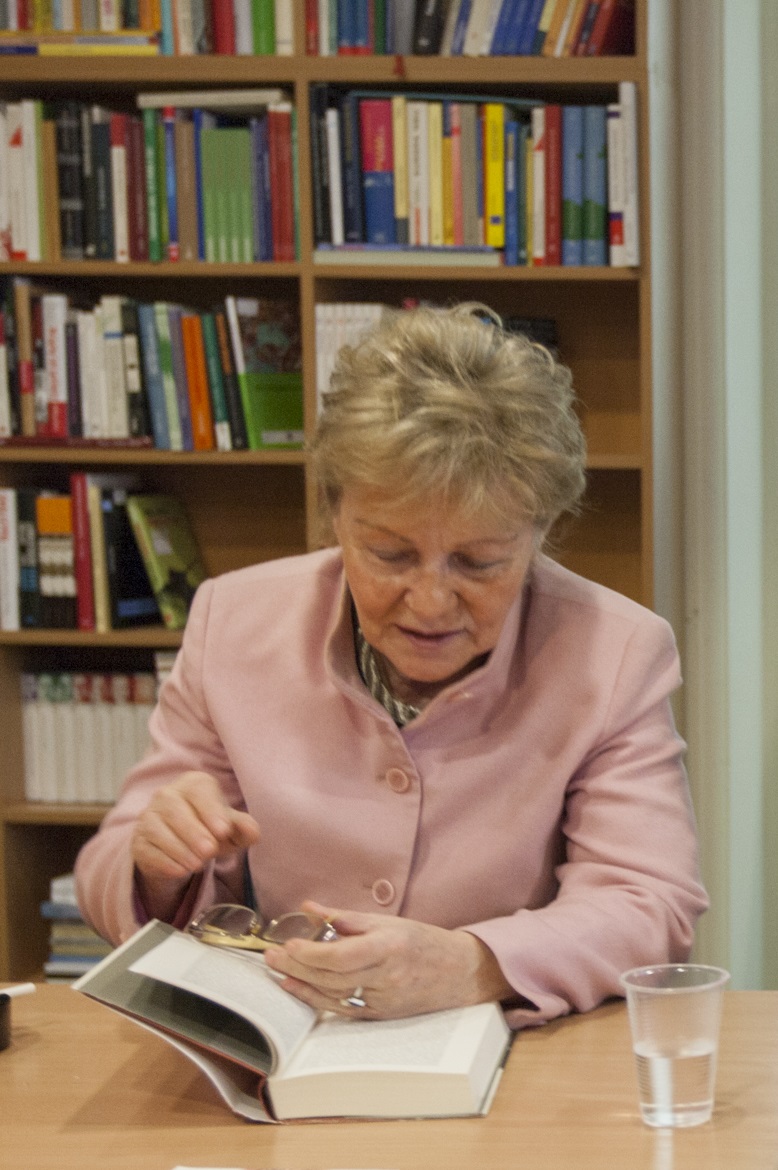
Marianne Gruber
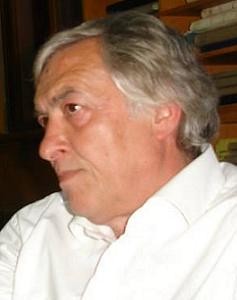
Vladimir Shumelov – Moderator
Marianne Gruber
She was born on 4 June 1944 in Vienna). She is the author of fiction, lyrics, essays, utopian novels, children’s and young adult literature. A period of her childhood was spent in the Burgherland countryside, the atmosphere of which she recreates in several of her works. After graduating from a classical high school, she studied piano at the Vienna Conservatory, additionally attending several lectures on medicine and psychology with the world-famous Prof. Viktor Frankl.
Her first artistic appearances were poems and stories for adults and children, published in magazines, broadcast on radio and television. Her creative development continued as an author of novels and essays. Her best-known works are The Glass Orb, a novel (1981, 1984), Protocols of Fear, short stories and essays (1984), The Intermediate Station, a novel (1986, 1988), The Death of the Rainmaker, two novellas (1991), and No Wind, a novel (1991; received the prestigious Italian literary prize Giuseppe Acerbi).
She worked as a contributor to radio and television. She has lectured in Europe, Asia and the USA. From 1994 to 2014, she was head of the Austrian Literature Society, the largest Austrian association making contacts with artists from all over the world, and then its honorary president. Winner of numerous prizes, including the George Orwell Prize of the city of St. Pölten (Austria), prizes for lyrics, short stories, the Vienna Prize for Children’s and Young People’s Literature, the already mentioned Italian Giuseppe Acerbi Prize, etc. Honorary Doctor of the University of Nizhny Novgorod (1997). Member of the International Board of Trustees of the International Elias Canetti Society.
The following books by Marianne Gruber have been published in Bulgarian, 2001), “To the Castle” (published by “PIK”, V. Tarnovo, 2010), “Memoirs of a Funnyman” (New Europe, published by MJ Elias Canetti, 2014).
Marianne Gruber succeeds in combining in a remarkable way the activity of writing with the activity of literary mediation and in linking the extroversion of cultural management with the introversion of the writer’s vocation, systematizing and classifying them in her work and life. At the same time, she was able to discover new artists and provide them with opportunities for expression. She admits that she is a deeply religious person and believes in the creative power of art. And if a society can afford to create culture, it can also find models to solve its problems.
She is going to present fragments from her not yet published book with memories
Vladimir Shumelov
(1958, Pernik), graduated in Bulgarian Philology at the St. He graduated from St. Cyril and Methodius University (1982). He lives and works in Veliko Tarnovo, where he is one of the organizers of the literary life in the city in the last decades. Member of the Bulgarian PEN Centre (since 2022). In the period since 1990, he has over 600 publications: fiction, journalism, essays, translations, articles, reviews, reviews in scientific journals of the humanities and collections; editor of books of various genres, author of prefaces to them; editor of jubilee newspapers in Veliko Tarnovo, author and editor of articles for encyclopaedias. Editor-in-chief and editor of various cultural publications, member of juries in reviews of annual literary production in various cities and national literary competitions.
His books are in the Library of Congress in Washington, DC. He has published in French, English, Serbian, and Macedonian. He has won numerous awards for fiction in Bulgaria and the USA.
Compiler of the guidebook “Literaturno Tarnovo. Tarnovo writers and literary figures from St.. Theodosius of Tarnovo to the present day” (ed. “NЧ “Petar Ivanov”, St. Petersburg. Zagora; “Mirror” IK, St., 2019; second revised and supplemented edition, 2020), “Eternities”. An Anthology of Veliko Tarnovo Poetry of the Late 20th and Early 21st Century (Mirror Publishing House, S., 2021), Vladimir Shumelov’s Bio-Bibliography (DAR-RH Publishing House, V. Tarnovo, 2015).
Author of the fiction books. “Elpis”, V. Tarnovo, 1994; Grand Prize for a debut prose book “Southern Spring’95”, “Debuts” award of the “Slavyani” Foundation), “Between Beckett and I” (ed. “PAN-BT”, 1998; ed. “Faber”, 2003, In. Tarnovo; national awards “Intellect’98” and “Svetlostroy’99”), “And So On” (Faber publishing house, V. Tarnovo, 2007), “Whatever Came. Four Letters on Love” (Faber publishing house, V. Tarnovo, 2014), “Thief of Memories” (Potajnice publishing house, S., 2019), “The End”. “Novel-singularity” (Mirror Publishing House, S., 2021), “Warm Human Point” (Mirror Publishing House, S., 2023).
He has published books of essayistic and literary-critical texts. “Ellipsis” (Faber Publishing House, V. Tarnovo, 2013); “I’ll Wait for the Rainbow” (Libra Scorp Publishing House, Burgas, 2017); “Eyes Wide Open” (Mirror Publishing House, S., 2023).
From 20.00h, Canetti House, blvd. 12 Slavyanski
Literary reading: “Stars Under The Eyelids”

Nikolai Terzijski
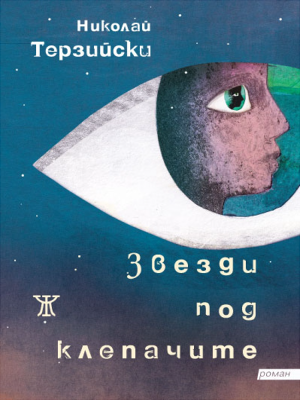
Nikolai Terzijski
Born in 1983 in Smolyan. He graduated in Journalism at Sofia University “St. Two years later he received a master’s degree from the Faculty of Philosophy of the university. In 2014 he created the internet blog Terzilatsi, where he publishes his works – short and medium-length stories, humorous essays, political satire, journalism, book reviews.His debut novel “Excommunication” was published on the book market in June 2017. The author’s second novel, titled Chronicles of the Unknown, will be released in March 2019. The book has been nominated in prestigious Bulgarian literature lists. Nikolai Terzijski’s third novel is Stars Under the Eyelids. With this book the author won the national prize “Hristo G. Danov” in the section “Bulgarian Fiction”. The novel has other nominations, including for the Elias Canetti National Literary Award 2023. Nikolay Terzijski’s texts and short stories have been published in a number of collections, magazines and anthologies.
“Stars Under The Eyelids”
Zdravka Evtimova on “Stars Under the Eyelids”: “This novel by Nikolai Terzijski is a support in moments of painful hesitation, whether to forgive someone or to condemn them. We will discover truths about the people under the Bulgarian sky, about the chasms in their path that turn them into freedom and passion, about their days full of hard work, obstacles and perseverance. We especially need this novel when we’ve decided to leave the person most important to us, but everything – our blood, the air in our lungs, the hours that cut our hearts in two scream, “Come back!”. This novel by Nikolai Terzijski is needed today and now, lest our lives become the only possible train to the truth that we have missed. There is wisdom and sparkling talent in this book. There is hope. This is a novel about time and its most beautiful, most frightening and yet happiest dimension – love. Nikolai Terzijski has created a parable of immortality, he has reached the heart of the mystery. Among everything in the world only love is capable of creating eternit
Day Seven, (07.10.2023)
From 18.00h, Canetti House, blvd. 12 Slavyanski
A Conversation on the Translation of Bulgarian Literature into a Foreign Language: “Is Bulgarian Literature Global?”

Zdravka Evtimova
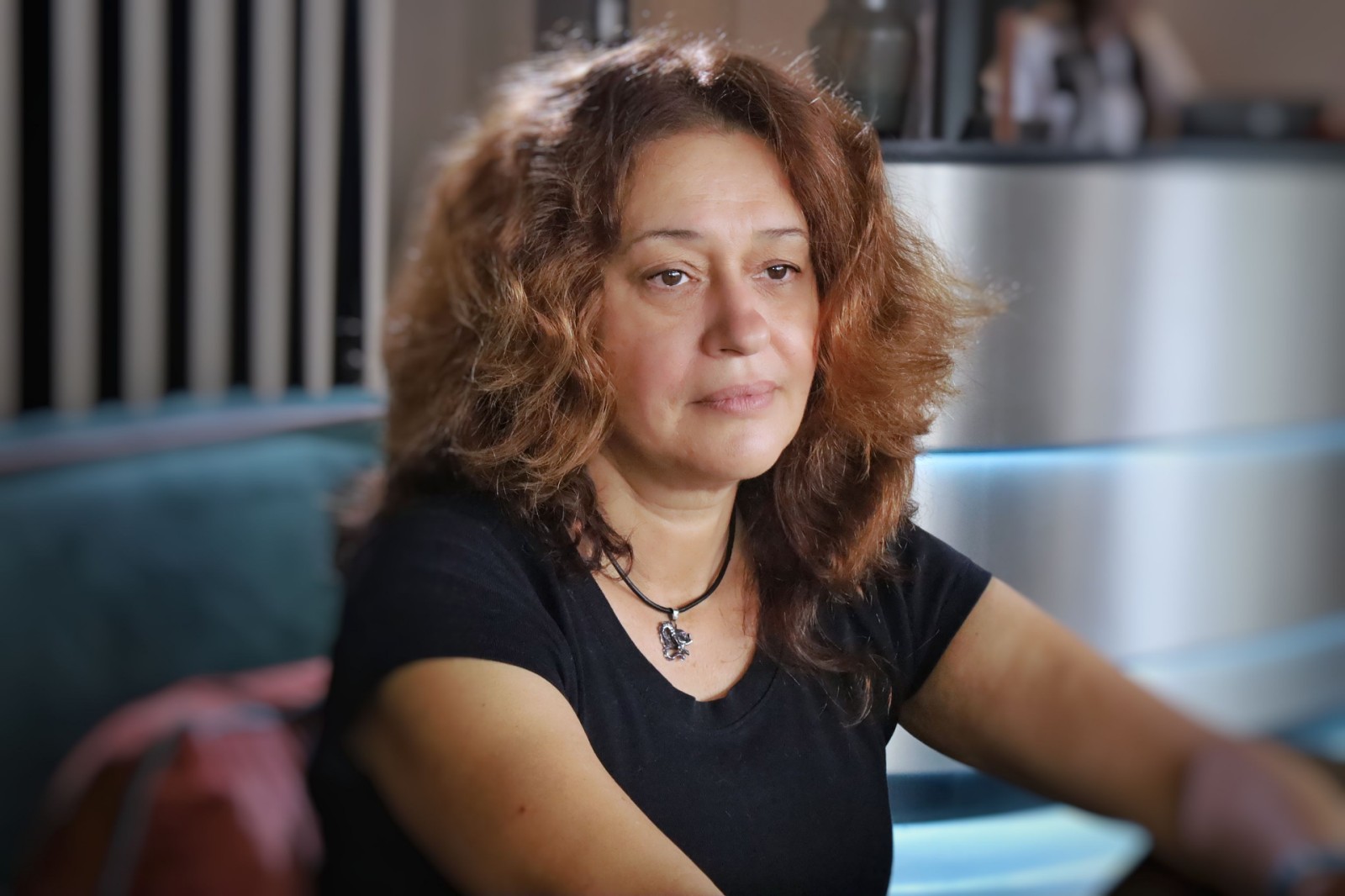
Kristin Dimitrova
Zdravka Evtimova
Bulgarian writer, born in 1959. Her stories have been published in 33 countries around the world.
Her short story “Blood from a Mole” is included in a recommended anthology for teaching literature in junior high schools in the USA and in high school in Denmark.
Her short story collections published in the United States include Old Cars, Mowing Time, Parable of the Stone, and Impossible Blue; in Italy, The Woman Who Fed on Poetry; in France, Impossible Blue; in China and Serbia, Pernik Stories; and in Greece; Great Britain, Israel, and Canada, collections of selected stories by the writer have been published. Her novel “Thursday” has been published in the USA, China , Italy, Slovenia, North Macedonia; the novel “The Same River” has been published in the USA and Italy; the novel “The City of Joy and Peace” has been published in the USA, Italy and North Macedonia.
Her short story “For Dimitri the Poet” was selected by readers, editors and literary critics of science fiction as the best short story with science fiction elements on the CRITTERS platform, USA, for 2022.Evtimova’s short story “Seldom” was included in the anthology “Best European Fiction 2015” by Dalkey Archive Press, USA, 2015. The writer’s short story “It’s Your Turn” was one of ten short stories awarded in the Utopia 2005 World Short Story Contest in Nantes, France. The short story is included in the anthology Utopia 2005 – Ten Writers from Around the World. Her short story “Basil” was one of ten stories to win in the 2005 BBC Radio London Worldwide Short Story Competition.
Christine Dimitrova
(born 19 May 1963 in Sofia, Bulgaria) is a writer, poet and translator.
She is the author of the novels I’ll Come Back for You (2022) and Sabazius (2007, translated in Mexico, Romania and Belarus), as well as the short story collections Love and Death Under the Crooked Pears (2004), The Secret Path of Ink (2011, Macedonia) and When You Arrive, Call (2017, Switzerland).
Her poetry comprises thirteen books, including Jacob’s Thirteenth Child, Image Under the Ice, Repairing Mascots, People with Lanterns, Dear Travelers, and others. Her poetry collections have appeared in Ireland (A Visit to the Clockmaker, 2005), the UK (My Life in Squares, 2010), the Czech Republic (The Morning of the Card Player, 2013) and India (Poetry by Christine Dimitrova, 2022). Dimitrova has won five awards for poetry (“Ivan Nikolov”, “The Golden Metaphor”, the biennial “Ivan Peychev” award, etc.), four for prose (“Hristo G. Danov”, “The Feather”, Annual Prize of the newspaper “The New Bulgarian Writer”.”Trud”, etc.) and two SPB awards for “special achievements” in poetry translation – for “The Anagram” (1999, selected poems by John Dunn) and “On the Hunt for Snark” (2013, by Lewis Carroll). Kristin Dimitrova, PhD in Public Communications and Information Science, is the author of Air Songs and Secret Services (2015), a study of the image of Bulgaria in the English-language media in the period 1980-2000. Her short stories and poems have been published in anthologies and literary publications in 38 countries in 28 languages.
IS BULGARIAN LITERATURE GLOBAL???
A CONVERSATION WITH BULGARIAN AUTHORS AND TRANSLATORS
ZDRAVKA EVTIMOVA AND KRISTIN DIMITROVA
In order to be world literature, it has to be read, and that means translated into other languages.
“One of the most extravagant ways to starve to death is to be a translator from Bulgarian.”
“These words of the Bulgarian from Mexico Reynol Pérez Vázquez sound relevant against the background of this year’s program “Translations” of the National Fund for Culture (NFK), which was announced on August 18.
The aim of the programme is to financially support foreign publishers in translating, publishing and distributing Bulgarian fiction abroad.
However, the budget for 2023 is four times smaller than last year’s, and for the first time the programme has a territorial limit. Only publishers from the European Union (EU), the European Economic Community (EEC) or Switzerland can apply for funding.
From 19.00h, Canetti House, blvd. 12 Slavyanski
Literary reading: “The Lavender Boy”

Burhan Kerim
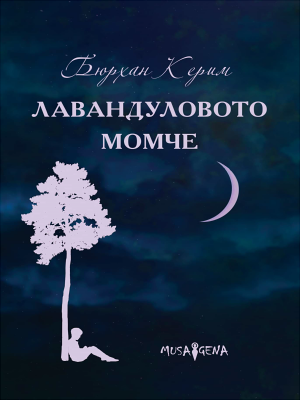
Burhan Kerim
Graduated in Acting for Drama Theatre and Directing in the Performing Arts at NATFA “Krastyo Sarafov”. During the years of his studies he attended lectures on dramaturgy and made his first attempts at playwriting and stage adaptations of fiction texts, some of which he realized in his own productions. “The Lavender Boy” is his debut novel.
“The Lavender Boy”
“…there is a third law. Not a physical one, another, as if an invisible force were involved, breaking down the excess, a crack through which what exists leaks out, is transformed and then obliterated. What is this law? Where does the erased go…”
How can one live only here, Yusuf, the lavender boy, asks himself, when that other inexplicably beckons and draws us like autumn sun. A boy on the edge of the world dangles his feet over the abyss and believes that reality is not only fleeting, but there is a way through it to the Other. Every love, every dream, every dream comes to us to remind us of it. This is a novel whose eye looks into the slit from which streams the light of magical, superlunary, metaphysical living. We believe in it unconditionally while we are children, but what happens to the daredevil who doesn’t give up that belief afterwards?
Kremena Dimitrova/editor
***
Burhan Kerim’s writing is magical, gentle and discreet. When you fall into his world, you don’t want to leave it. And the more you read the more you feel at home, merging with the lines and feeling the true poetry and beauty of every written word. And they are knotted, like lavender beads in an endless thread of parables and messages…
Georgi Berdarov
Day Eight, (08.10.2023)
From 18.00h, Canetti House, blvd. 12 Slavyanski
Literary reading: “Made of Guilt”
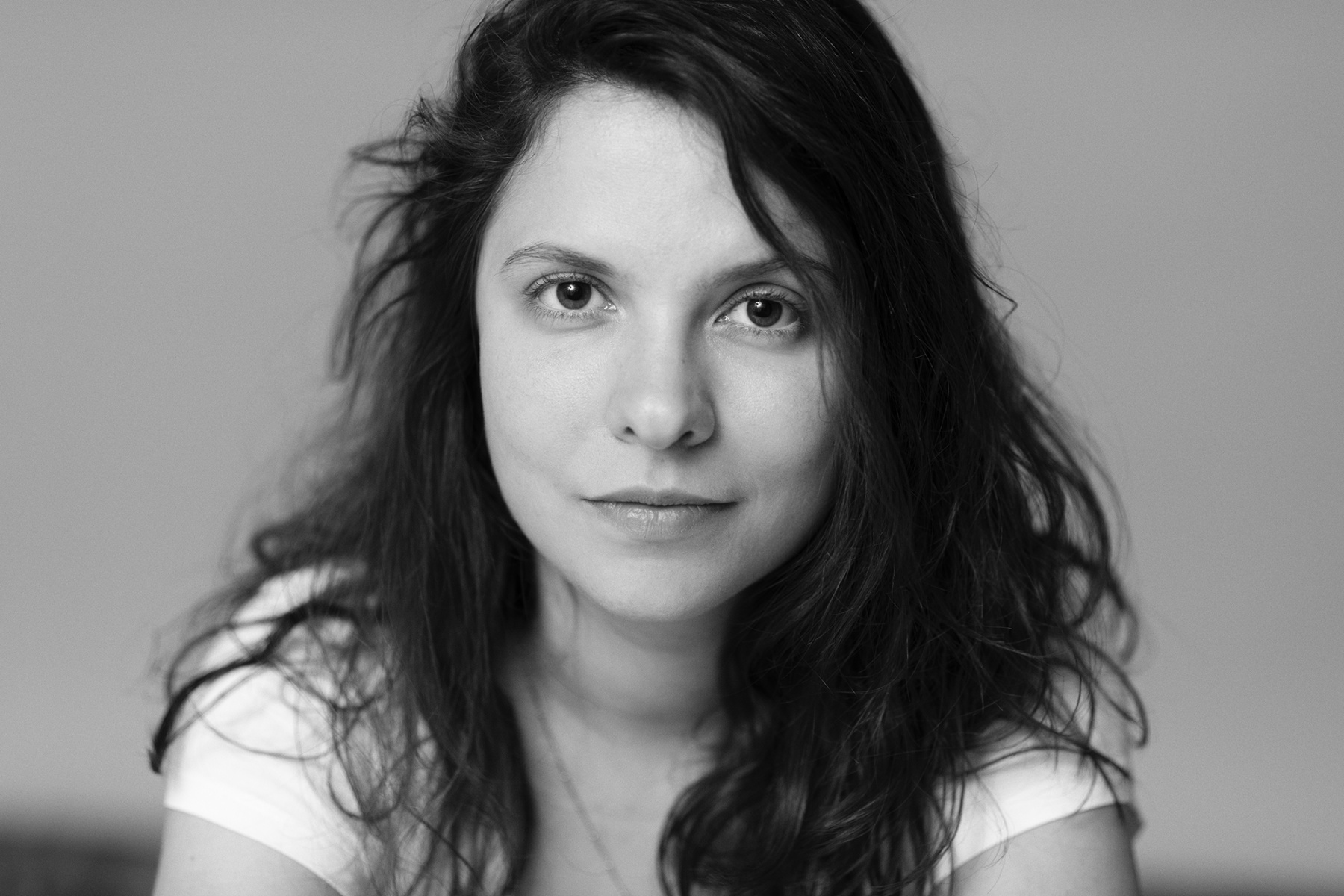
Joanna Elmi
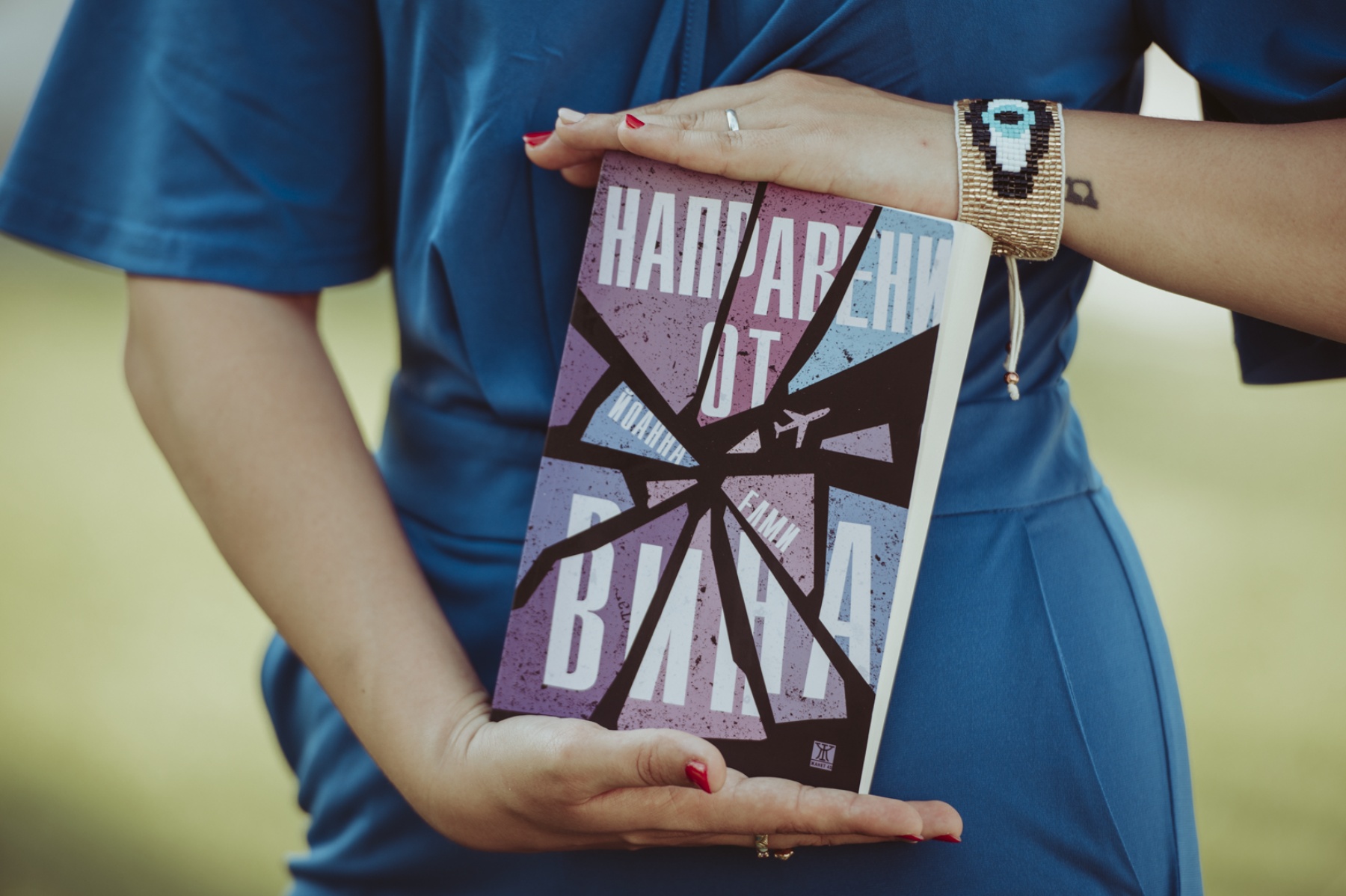
Joanna Elmi
She is a writer and journalist. She writes for the independent media “In fact”, “VIEW”, “Deutsche Welle” and others. She lives between Bulgaria and the USA. She graduated in English Philology and International Relations in Paris, as well as Political Communication in Amsterdam. Her first novel “Made of Guilt” won the South Spring Award for Debut and was nominated for the Culture Portal, “The Feather” and the “Helicon” awards. “Made of Guilt” is a book about the generation of “born free” after the 1990s, about emigration to the West, the missed world, nostalgia, domestic violence and hope for a better future. It is to be published in German, Dutch, etc.
“Made of guilt”
Joanna Elmi’s novel “Made of Guilt” has established itself as one of the strongest debuts in contemporary literature. The young author won the “Southern Spring” competition prize in the fiction section, and was recently nominated for a debut in the ” The Feather” literary awards. Ioanna writes for the independent publication ” The Point”, has been a contributor to the Association of European Journalists – Bulgaria, and has published in many different media.
A novel that breaks into the nursery of the Transition, blows up the silenced, grabs you by the throat and starts a conversation, painful but also understanding. A conversation that is long overdue, in which there is a leaving and a returning, an American dream by default and a Bulgarian guilt. Bold, talented and sharp writing with wit, talent and heart. One of the strongest debuts I’ve encountered in recent years. Irresistible.
Georgi Gospodinov
From 19.00h, Canetti House, blvd. 12 Slavyanski
Literary reading: “Volcano”
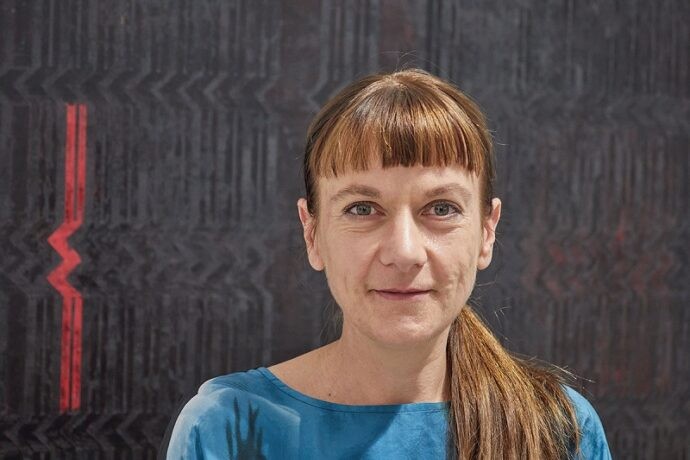
Elena Aleksieva
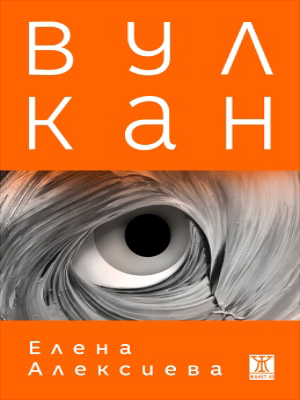
Elena Alexieva
writer, playwright and translator. She is the author of 16 books of prose and poetry, the most recent of which is the novel “Volcano” (2023). She has won a number of literary awards, including the “Helikon”, “The Feather”, “Novel of the Year 2019” for the novel “Saint Wolf”, “Yordan Radichkov”, as well as the theatrical “Ikar” and “Asker” for new Bulgarian dramaturgy. She has had books translated into French, Spanish, Russian, Macedonian, Arabic and other languages. She lives in Sofia and works as a freelance conference translator.
“Volcano”
A book that will send you to another reality – yours; a book where today is yesterday, but also tomorrow; a book with no heroes, because they are all heroes; a book of wistful joy, bleak comfort and fleeting eternity; a book of scathing, punkish poetry that kicks you out with the first chapter and keeps you electrified until the last. A book for me and for you.
Georgi Angelov
The “modernity” in Elena Alexieva’s fiction has different dimensions, but in one way she remained true to classical fiction – she creates fiction, she has no pretence to tell things that actually happened. Those who would look for and recognize actual persons and events in her works would be mistaken. Which is not to say that she does not achieve strong and unflinching suggestions about contemporary social reality in particular.
Svetlozar Igov
Day Nine, (09.10.2023)
From 18.00h, Austrian Library in Tarnovo, 2 Theodosius Street, 5003 St. Gora, Veliko Tarnovo
Literary reading with Marianne Gruber and Cornelius Hell

Marianne Gruber

Vladimir Shumelov – Moderator

Cornelius Hell
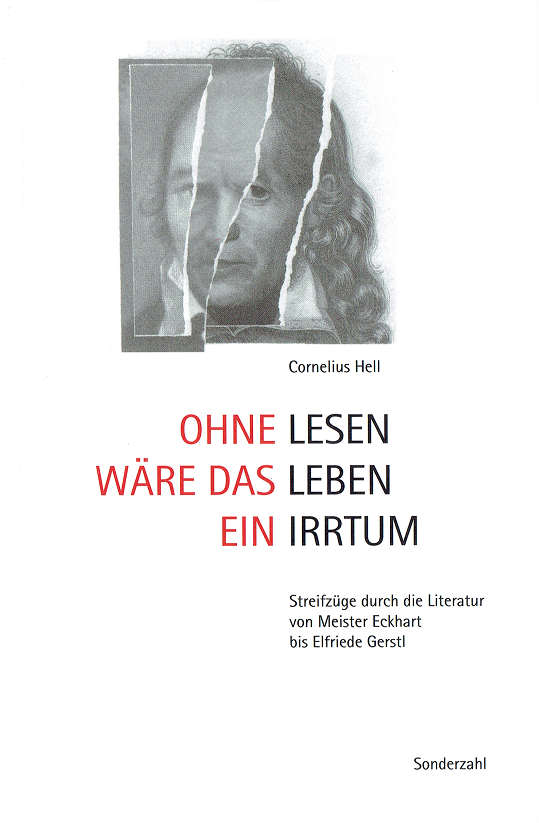
Marianne Gruber
She was born on 4 June 1944 in Vienna). She is the author of fiction, lyrics, essays, utopian novels, children’s and young adult literature. A period of her childhood was spent in the Burgherland countryside, the atmosphere of which she recreates in several of her works. After graduating from a classical high school, she studied piano at the Vienna Conservatory, additionally attending several lectures on medicine and psychology with the world-famous Prof. Viktor Frankl.
Her first artistic appearances were poems and stories for adults and children, published in magazines, broadcast on radio and television. Her creative development continued as an author of novels and essays. Her best-known works are The Glass Orb, a novel (1981, 1984), Protocols of Fear, short stories and essays (1984), The Intermediate Station, a novel (1986, 1988), The Death of the Rainmaker, two novellas (1991), and No Wind, a novel (1991; received the prestigious Italian literary prize Giuseppe Acerbi).
She worked as a contributor to radio and television. She has lectured in Europe, Asia and the USA. From 1994 to 2014, she was head of the Austrian Literature Society, the largest Austrian association making contacts with artists from all over the world, and then its honorary president. Winner of numerous prizes, including the George Orwell Prize of the city of St. Pölten (Austria), prizes for lyrics, short stories, the Vienna Prize for Children’s and Young People’s Literature, the already mentioned Italian Giuseppe Acerbi Prize, etc. Honorary Doctor of the University of Nizhny Novgorod (1997). Member of the International Board of Trustees of the International Elias Canetti Society.
The following books by Marianne Gruber have been published in Bulgarian, 2001), “To the Castle” (published by “PIK”, V. Tarnovo, 2010), “Memoirs of a Funnyman” (New Europe, published by MJ Elias Canetti, 2014).
Marianne Gruber succeeds in combining in a remarkable way the activity of writing with the activity of literary mediation and in linking the extroversion of cultural management with the introversion of the writer’s vocation, systematizing and classifying them in her work and life. At the same time, she was able to discover new artists and provide them with opportunities for expression. She admits that she is a deeply religious person and believes in the creative power of art. And if a society can afford to create culture, it can also find models to solve its problems.
She is going to present fragments from her not yet published book with memories
Vladimir Shumelov
(1958, Pernik), graduated in Bulgarian Philology at the St. He graduated from St. Cyril and Methodius University (1982). He lives and works in Veliko Tarnovo, where he is one of the organizers of the literary life in the city in the last decades. Member of the Bulgarian PEN Centre (since 2022). In the period since 1990, he has over 600 publications: fiction, journalism, essays, translations, articles, reviews, reviews in scientific journals of the humanities and collections; editor of books of various genres, author of prefaces to them; editor of jubilee newspapers in Veliko Tarnovo, author and editor of articles for encyclopaedias. Editor-in-chief and editor of various cultural publications, member of juries in reviews of annual literary production in various cities and national literary competitions.
His books are in the Library of Congress in Washington, DC. He has published in French, English, Serbian, and Macedonian. He has won numerous awards for fiction in Bulgaria and the USA.
Compiler of the guidebook “Literaturno Tarnovo. Tarnovo writers and literary figures from St.. Theodosius of Tarnovo to the present day” (ed. “NЧ “Petar Ivanov”, St. Petersburg. Zagora; “Mirror” IK, St., 2019; second revised and supplemented edition, 2020), “Eternities”. An Anthology of Veliko Tarnovo Poetry of the Late 20th and Early 21st Century (Mirror Publishing House, S., 2021), Vladimir Shumelov’s Bio-Bibliography (DAR-RH Publishing House, V. Tarnovo, 2015).
Author of the fiction books. “Elpis”, V. Tarnovo, 1994; Grand Prize for a debut prose book “Southern Spring’95”, “Debuts” award of the “Slavyani” Foundation), “Between Beckett and I” (ed. “PAN-BT”, 1998; ed. “Faber”, 2003, In. Tarnovo; national awards “Intellect’98” and “Svetlostroy’99”), “And So On” (Faber publishing house, V. Tarnovo, 2007), “Whatever Came. Four Letters on Love” (Faber publishing house, V. Tarnovo, 2014), “Thief of Memories” (Potajnice publishing house, S., 2019), “The End”. “Novel-singularity” (Mirror Publishing House, S., 2021), “Warm Human Point” (Mirror Publishing House, S., 2023).
He has published books of essayistic and literary-critical texts. “Ellipsis” (Faber Publishing House, V. Tarnovo, 2013); “I’ll Wait for the Rainbow” (Libra Scorp Publishing House, Burgas, 2017); “Eyes Wide Open” (Mirror Publishing House, S., 2023).
Cornelius Hell
He was born in 1956 in Salzburg. There he studied german philology and theology. From 1984 to 1986 he was a lecture of german language and Austrian literature at the university of Vilnius. Afterwards he was a editor for the Otto Müller Verlag and director of the literature forum „Leselampe“ in Salzburg. Since 1993 he lives as an author, translator and literary critic in Vienna. He wrote many books and several broadcast for the “ORF” and the “BR.” Publications include, among others, works on E.M.Cioran, Thomas BErnhartd, Imre Kertész, Milo Dor und Peter Henisch. Cornelius Hell has various teaching assignments at Austrian Universities e.g.in 2010 a lecture on poetic at the institute of german studies (university Klagenfurt). He did numerous translations from Lithuanian (prose poetry and drama) and won the Austrian state prize for literary translation in 2018.He received an Elias- Canetti scholarship of the city Vienna 2019- 2021.
Recent puiblications include, among others:” Reading Journey Budapest: the Frivolous Charm of the Bridge City” (2012), “Reading Journey Hungary: Danube View and Puszta Dream” (2013), “Without reading, life would be a mistake” (2019), as well as translations of the novels by Undinė Radzevičiūtė „fish and dragons” (2017) and “The blood is blue” (2019) and the poetry collection “Variation of the theme adults” by Tomas Venclova (2022).
“Life without reading would be a delusion”
Reading means to dive into unknown words, to deal with the past or immediate present. Reading expands one’s horizon in many ways: not only can foreign people, cultures and (long) past events enter our living rooms through reading – in a good book, one also finds oneself. Reading means being enchanted by words, sentences and images. From Meister Eckhart to Elfriede Gerstl, this volume gathers thirty biographies that ignite and revive a desire for the diversity of literature. Effortlessly and cheerfully, Cornelius Hell guides us through his personal literary history. Over the course of several years, numerous short essays have emerged from contributions to the Ö1 series “Thoughts for the day”, offering insights into the lives and work of the authors. However, they all have one thing in common: each one is a declaration of love for reading.
Day Nine, (09.10.2023) in Ruse
From 19.30h, Canetti House, blvd. 12 Slavyanski
Theatre Performance: ‘Scenes at Dawn’
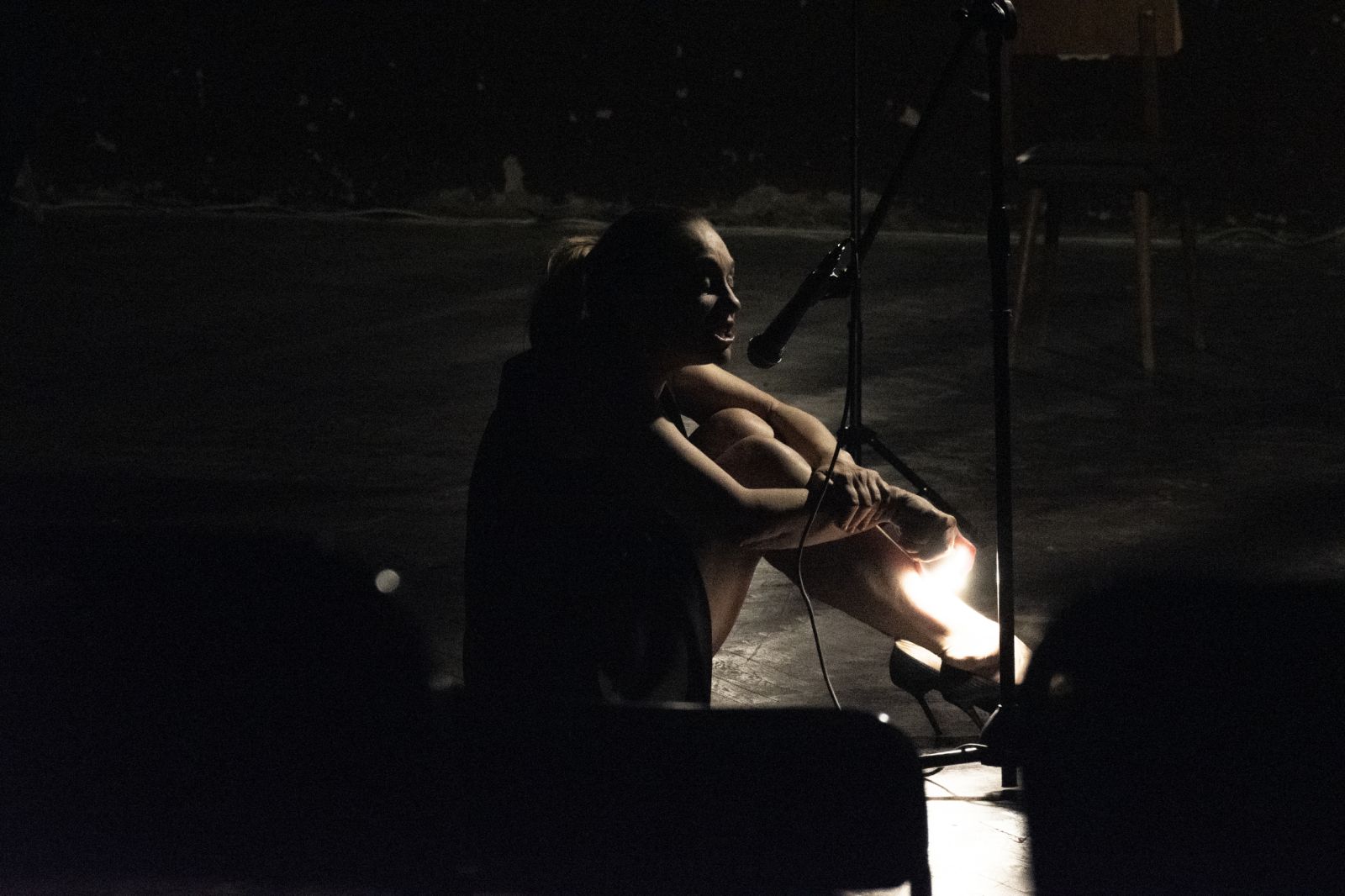
Juliana Saiska
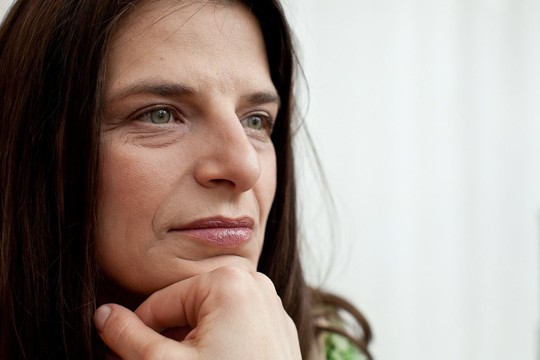
Tsveta Sofronieva
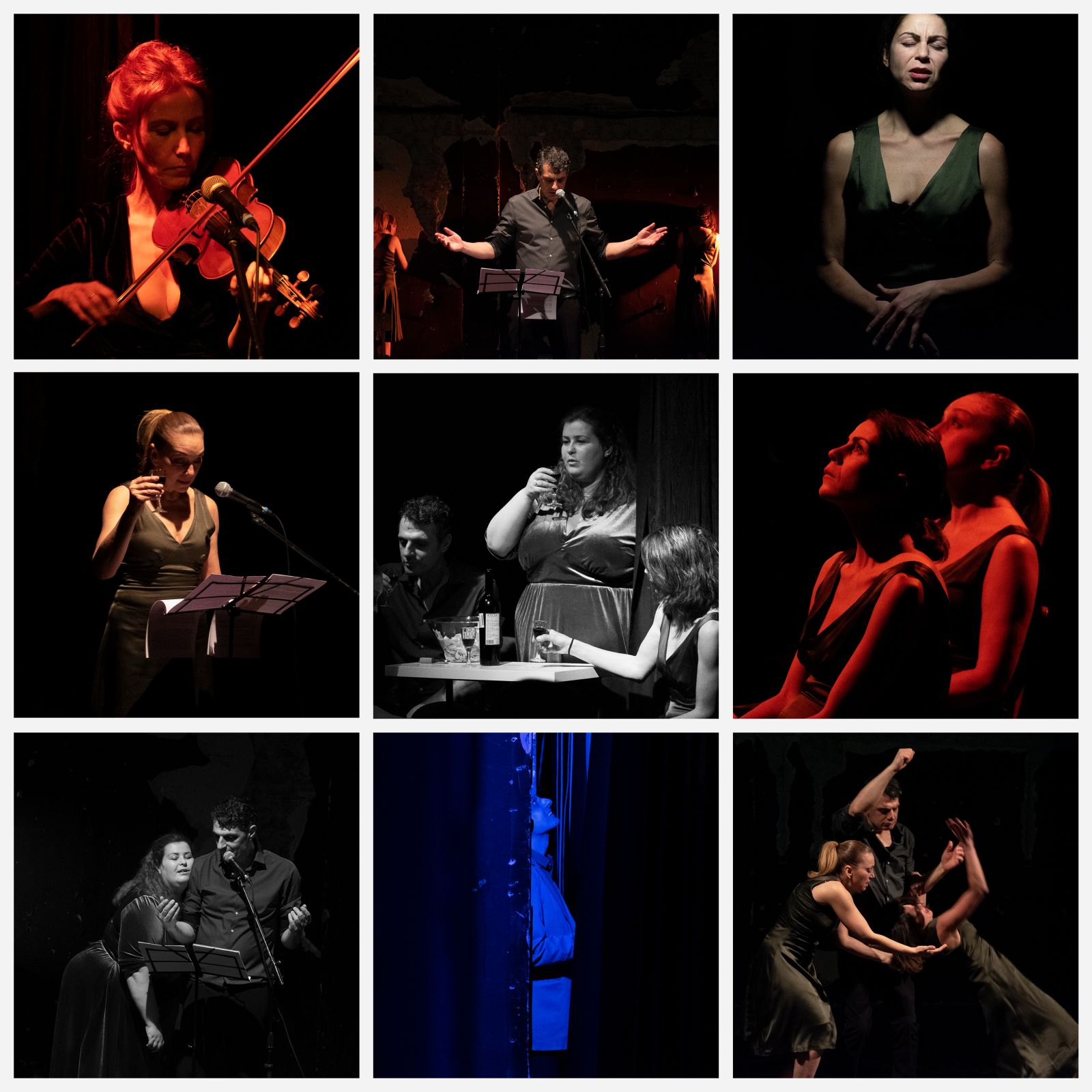
Juliana Saiska
She is an actress, director, psychodrama therapist, lecturer at the Master’s Program “Artistic Psychosocial Practices and Psychodrama”, New Bulgarian University. She participates in numerous independent performances in the country and abroad. Socially and creatively engaged in working with street children and youth and various marginalized groups. She has been working with her own team of professionals since 2017 and has six artistic works realized in the group’s asset, the latest project is “Scenes at Dawn”. She is the founder and main driver of Emergency Theater Foundation.
Tsveta Sofronieva
She is the author of poetry and prose, essays, theatre texts, literary installations and poetic translations. She holds a degree in physics and a PhD in philosophy and history of science. She has worked as a researcher, cultural correspondent, and teacher of literature in various parts of the world. She has initiated intercultural programs such as “Knowledge and Poetry”, “11.9. Webstreaming Poetry,” and “Forbidden Words,” and organized a private arts salon, “A Day of Letters.” He is actively involved in the creation of the Emergency Theater Foundation.
The artistic collective takes its name and mission from the Emergency Room, which in medicine is a place for life-saving interventions. It is the shared acute sense of urgent need for an intervention to alleviate symptoms in the most pressing areas of our contemporary world that brings together 8 professionals with very different backgrounds such as Juliana Saiska (actress, director and psychodrama therapist), Tsveta Sofronieva (writer, playwright and physicist), Elena Dimitrova (actress and director), Yana Moroz (anthropologist and artist), Elitsa Alexieva (composer and musician), Velislav Pavlov (actor), Ralitsa Toneva (set designer) and Teodor Kotov (psychodrama therapist and artist) in their collective stage quest as a team. “One of the main characteristics is that we build the dramaturgical content of our works in contact with the dramaturgy of a person’s inner stage. The performances become an experience.” This very brief statement is part of the creative motivation that provoked the informal formation of Emergency Theater in 2017 and its incorporation as a legal entity in 2021.
Theatre Performance: ‘Scenes at Dawn’
SHORT SUMMARY OF THE SHOW
The performance “Scenes at Dawn” is the first part of the trilogy “Final Countdown – the human during implosion”. Its authors describe it as “a performance-conversation to the spirit of the time” – an oratorio about human helplessness, about the fear of losing the person next to us, about longings and illusions, about the power and consolation of awakening to realize the reality we live and to accept or change it. The play is also an encounter with the unknown in an attempt at intimacy and understanding – of self and other. Between the dream/memory and the crisis of the day ahead is the moment when the clarification happens, the truth that emerges as a moment of dawn. “Only affection gives guidance. It pushes, it leads. It is what this scene is about. Love. Salvation from death […] We need to understand what is more important than fear. Together, let’s demythologize history and illusions about the future. We stand against love by catalogue, the definition of man and his sensibility by some advertising or political criteria. Love itself is an intimate feeling. Its genuineness lies in individuality and uniqueness. We create for everyone, but not for everyone. We meet our audience on equal terms” – says Tsveta Sofronieva, whose letters, poetry and play build the dramaturgy of “Scenes at Dawn”. But as a collective work, this foundation is in constant dialogue with the personal narratives of the performers onstage, as well as with the entire theatrical tradition, looking into the intimate world of characters in different eras and from diverse perspectives. Genre definition: Elitsa Alexieva, Audio engineer: Nino Gomez, Artistic lighting and multimedia: Anna Yanakieva; “The project is realized with the financial support of the National Fund “Culture”, “Program for the recovery and development of private cultural organizations 2022”.
Day Ten, (10.10.2023)
From 18.00h, Canetti House, 10. 12 Slavyanski
Literary reading: The Use and Function of Space in Theatre Performance (1968 to the Present)
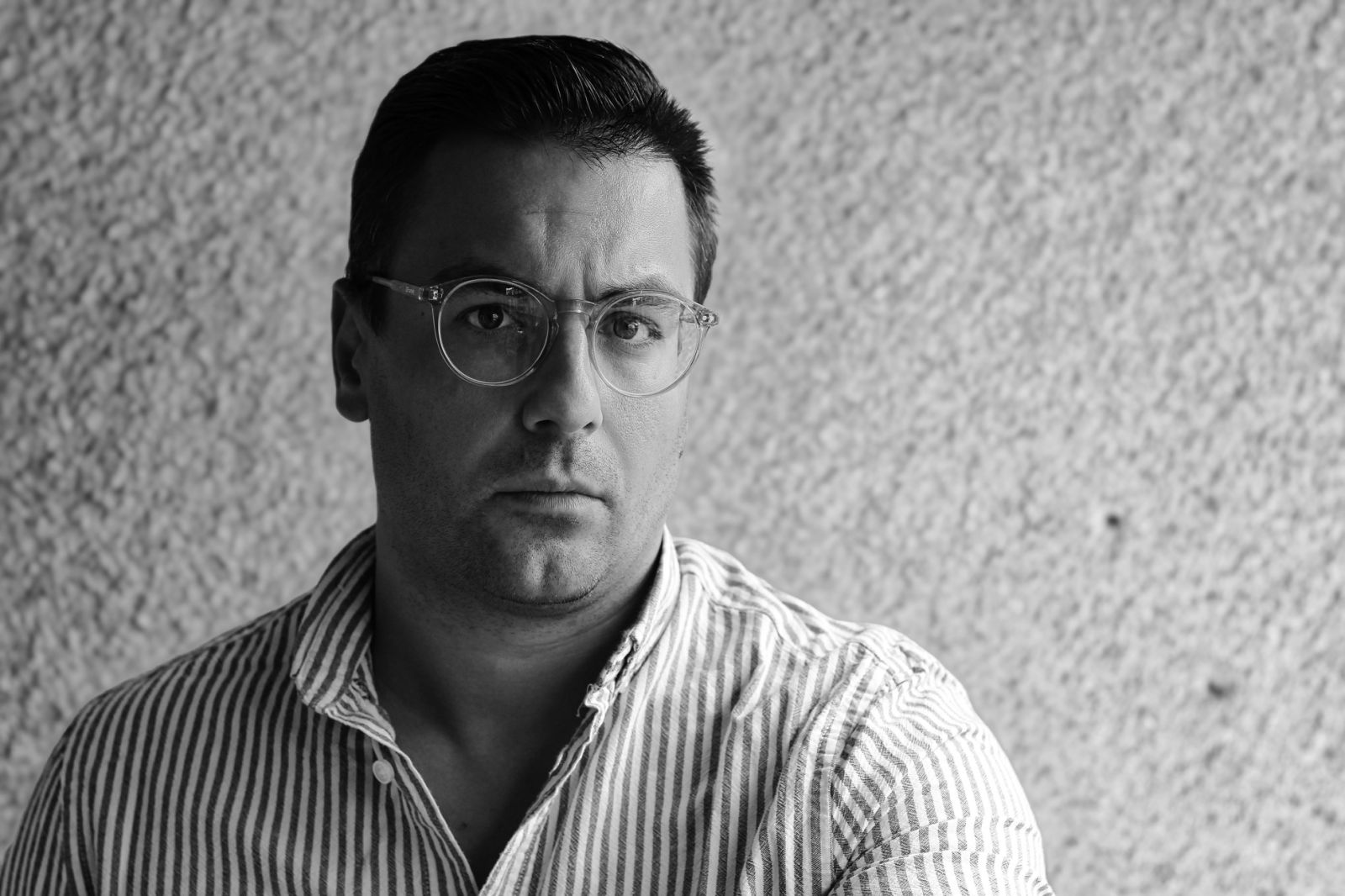
Peter Denchev
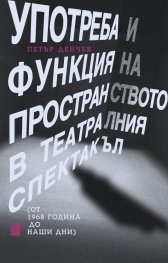
Peter Denchev
He is a theatre director, researcher and writer. He graduated in directing for drama theatre (2010), MA in theatre arts (2017), PhD in theatre studies and theatre arts (2021). He has staged over 20 productions in major Bulgarian theatres (Ivan Vazov National Theatre, Satiric Theatre, Vazrazhdane Theatre Sofia, Stoyan Bachvarov Theatre Varna, Sava Ognyanov Theatre Ruse, Stefan Kirov Theatre Sliven, Geo Milev Theatre Stara Zagora, etc.). He is the author of four novels (“As a Man Kisses a Woman He Loves” 2007, “The Quiet Sun” 2012, “The Little God of the Earthquake” 2019, “Rewind” 2021″) and one collection of short stories (“Stories in Past Time”, 2011). His first novel won the New Bulgarian Novel Development Award in 2007, and his last two have been nominated for the Helikon Prize for Contemporary Bulgarian Fiction. He has been a guest at various residencies and festivals in the region. He has worked as a playwright and director at the Stoyan Bachvarov State Theatre in Varna, chief director at the Sliven Theatre since 2020 and research fellow at the Institute for the Study of Arts at the Bulgarian Academy of Sciences since 2022.
“The Use and Function of Space in Theatrical Performance (1968 to the Present Day)
“Peter Denchev’s book develops his dissertation with the same title, defended at the Institute for the Study of Arts at the Bulgarian Academy of Sciences. The object of the text is a problem that has not been considered as a comprehensive study so far – the space in the theatrical performance in Bulgarian stage practice in its new and recent history. A very valuable quality of the text is that its author finds a particularly productive focus through which to explore the posed problem of space and its use and function in theatrical performance in the last five decades – the creative tandem between the director and the stage designer.Prof. Kamelia NikolovaThe work by Peter Denchev presents in a multifaceted way a problem little explored in Bulgarian theatre science. The well-organized structure turns the work into a fascinating read and contributes to the clear exposition of the main problems and presentation of the phenomena studied.Assoc. Prof. Dr. Rumiana Nikolova”… The echoes of the processes that transform the aesthetic from a visual into a social event are perceptible. The author seeks to prove the emancipation of space as its own magnitude. Attention is paid to the characteristic architectural elements of spaces – site specific. The environment is thought of as a transforming object. The dissertation is an attempt to complement Bulgarian theatre studies with a text focused on the problems of space.”
From 19.00, Canetti House, Blvd. Slavyanski 12
Literary reading: “PORTRAITS OF EVIL”
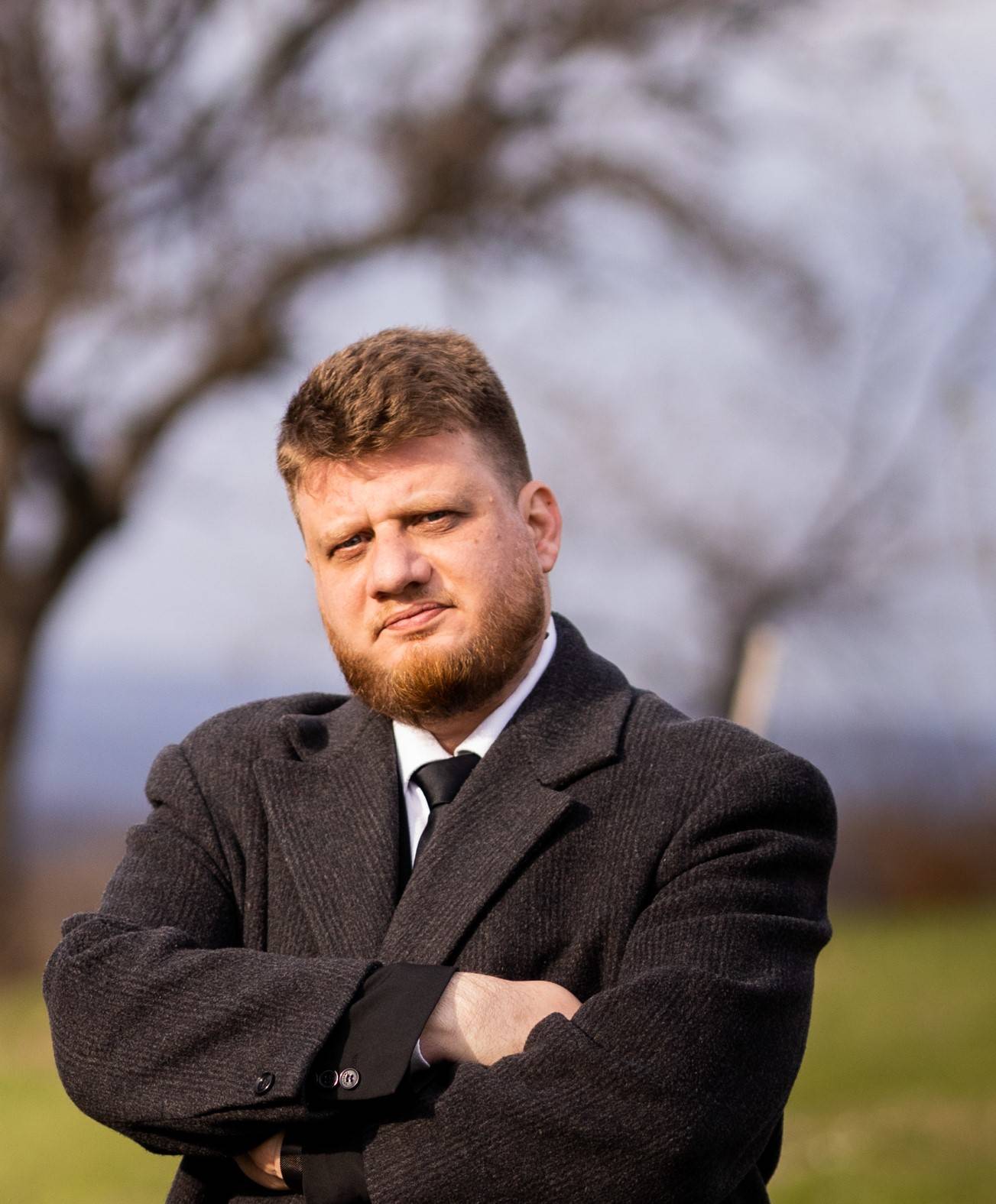
Hristo Rayanov
Hristo Rayanov
He was born in 1987 in Ruse. Kliment Ohridski” (Bachelor) and “Literature – Creative Writing” at Sofia University “St. Doctor of Philology at Sofia University “St. Kliment Ohridski” (Master). With his debut book – the short story collection “The Difficult Way” – he won the National Award “Southern Spring” in 2014 in the category “Prose”. Stories from this book were published in Croatian in the collection “Izbor iz suvremene bugarske književnosti” in 2015. His second book, What If: Bulgaria on Three Seas, is a collection of satirical essays published in 2016 and won the Raško Sugarev National Short Story Award in 2022. He was awarded the prize by the magazine in the year 2022. “He is the screenwriter of the TV series “Stolichani v more”, “Stolen Life” “Rumba, Me and Ronaldo”, as well as numerous TV shows. Expert at the National Film Centre, 2020. Currently works as an editor at BNT (RTVC Ruse) and as a lecturer at RU “Angel Kanchev”. He is also one of the presenters of a culture show on Darik Ruse.
PORTRAITS OF EVIL
SUMMARY
“Portraits of Evil” is a paper based on the dissertation “The Hero-Villain – Between the Artistic Image and the Narrative Functionality”, defended on 26.10.2021 at the Sofia University “St. Kliment Ohridski”. Scientific supervisor of the dissertation was prof. The paper seeks answers to the following questions. How is his artistic image constructed, how is the villain represented in a literary work and its film and television adaptations? What makes the villain memorable and well-constructed – his function or his image?
To answer these questions, the emergence and development of the concepts of plot, character, hero and villain are traced – knowledge from antiquity to the present day is systematised. The works of Aristotle and Horace are used. the Russian school of literary theory, Tomashevsky, Shklovsky and Propp, screenwriting is represented by the works of Sid Field, Robert McKee, Linda Seeger and John Truby. Concerning the construction of characters and their place in the plot, we can distinguish the findings of Joseph Campbell and Christopher Vogler, as well as Carl Jung.
This type of systematization of theory and practice has never been done before in Bulgaria. The practical dimension of the paper, namely portraits, will be represented by an analysis of some of the most iconic villains in literature and cinema – the Devil, Dracula, Professor Moriarty and Captain Hook. The texts in which the four first appear, as well as the screen adaptations, will provide a clear insight into the different mechanisms for creating vividly multi-layered characters in literature and film.
Day Eleven, (11.10.2023)
From 18.00h, Canetti House, blvd. 12 Slavyanski
Literary reading: “Thoughts about the day”

Cornelius Hell

Cornelius Hell
Born in 1956 in Salzburg, he studied German and theology; 1984-86 he taught German and Austrian literature at the University of Vilnius; then he was a lecturer at Otto Müller Verlag and director of the Leselampe literary forum in Salzburg; since 1993 he has lived in Vienna as an author, translator and literary critic, author of several books and many broadcasts for ORF and Bayerischer Rundfunk; publications for E. М. He has also written and edited books for M. Choran, Thomas Bernhard, Imre Kertesz, Milo Dorr, Peter Henich, etc. ; various lectures at Austrian universities, 2010 lecture on poetics at the Institute of German Studies at the University of Klagenfurt. Numerous translations from Lithuanian (prose, poetry and drama), Austrian Literary Translation Prize 2018, “Lesereise Budapest. ), as well as translations of Undine Radzeviciute’s novels Fische und Drachen (2017) and Das Blut ist blau (2019) and the poetry collection Variation on a Theme of Awakening by Thomas Wenzlová (2022).
“Life without reading would be a delusion”
To read is to immerse oneself in alien worlds, to deal with the past or the present. Reading broadens one’s horizons in many ways: not only can foreign people, cultures and (long) gone events enter our everyday lives through reading – in a good book one also finds oneself again. Reading means letting oneself be enchanted by words, sentences, images.
From Meister Eckhart to Elfriede Gerstl, this volume brings together thirty readerly biographies that ignite and revive a desire for the diversity of literature. Effortlessly and hilariously, Cornelius Hell guides us through his personal literary history. Over the course of several years, the contributions to the Ö1 series “Gedanken für den Tag” (Thoughts about the Day) have yielded numerous short essays that provide insight into the authors’ lives and work. But they all have one thing in common: each one is an acknowledgement of a love of reading.
Day Twelve, (12.10.2023)
From 18.00h, Canetti House, blvd. 12 Slavyanski
Report on the topic: “Humanism and Capitalism. A Posthumanist Perspective on Monsters”

Vasil Michalak
Vasil Michalak (b. 1985, Bucharest) is co-founder of Post/h/um magazine. Journal of Posthumanist Studies and its editor. He is coordinator of various critical theory collections and author of articles (especially on posthumanism and the avant-garde) in Caietele Avangardei, Observator cultural, Cultura, Idea, Corner. Football + Society and Post/h/um. He has published a collection of theory as a result of his PhD thesis Noli me tangere? On Legitimacy and Autonomy in Literature (Tracus Arte, 2013) and two collections of poetry, Dead after Man (Tracus Arte, 2016) and The Creature of All Things (frACTalia, 2020).
Humanism and Capitalism. A Posthumanist Perspective on Monsters
Daniel Clinch and Vasile Michalake
Although some ideas that would later be considered “humanist” or “capitalist” appeared in European culture as early as the fourteenth century, capitalism and humanism developed as such and became dominant in Western Europe from the second half of the seventeenth century and the beginning of the eighteenth century, when they attempted to answer some questions about “human nature” and, as a consequence, about political, social, and economic relations in the new world of modernity. In this article we will try to show that humanism and capitalism emerged in a historical period in Western Europe when the question of property became crucial for philosophers and economists, reflecting broader social changes. These theories of property legitimized the formation of a new social class of property owners, the bourgeoisie. For example, both the Declaration of Independence of the United States of America (Philadelphia, 1776) and the Declaration of the Rights of Man and of the Citizen (Paris, 1789) speak of man being born free and equal with his fellow men. At the same time, however, ownership is sacralised in the founding documents, with ‘person’ implicitly defined as ‘owner’. And this applies not only to material private property such as land or gold, but also to slaves, women, children and animals. The eighteenth century saw the creation not only of an economic and ideological system, but also of a whole set of social and political relations that led to the exploitation of individuals and broad social, cultural and biological categories defined in opposition to ‘man’. These are the monsters of capitalism-humanism, those who are excluded from the category of “Man” (from women and children, to non-Western populations and the workers that capital needs to exist) as a rational being, a bearer of high culture, a possessor of a “nature” permanently opposed to civilization and culture, in short, to “the human.”
For the sake of brevity and for methodological reasons, we will divide the monsters of capitalist humanism into five strands, formed between the seventeenth and nineteenth centuries, within which, of course, there were critiques, attempts at reform and even uprisings: patriarchy (the subordinate position of women), colonial racism (and the myth of progress), working class or labor, exploitation of animals, and adultism (the naturalization of childhood innocence). atation of animals and adultism (naturalization of childhood innocence). Arising out of the development of the ideology of humanism and its economic aspect, capitalism, these would be critiqued from multiple directions, ultimately leading to the emergence of contemporary critical posthumanism.
In November, (09.11.2023)
From 18.00h, Austrian Library, pl. “Svoboda” №4
Literary Reading: “Susie, the Granddaughter of the House №4 and the Time of the Hidden Jewish Stars”
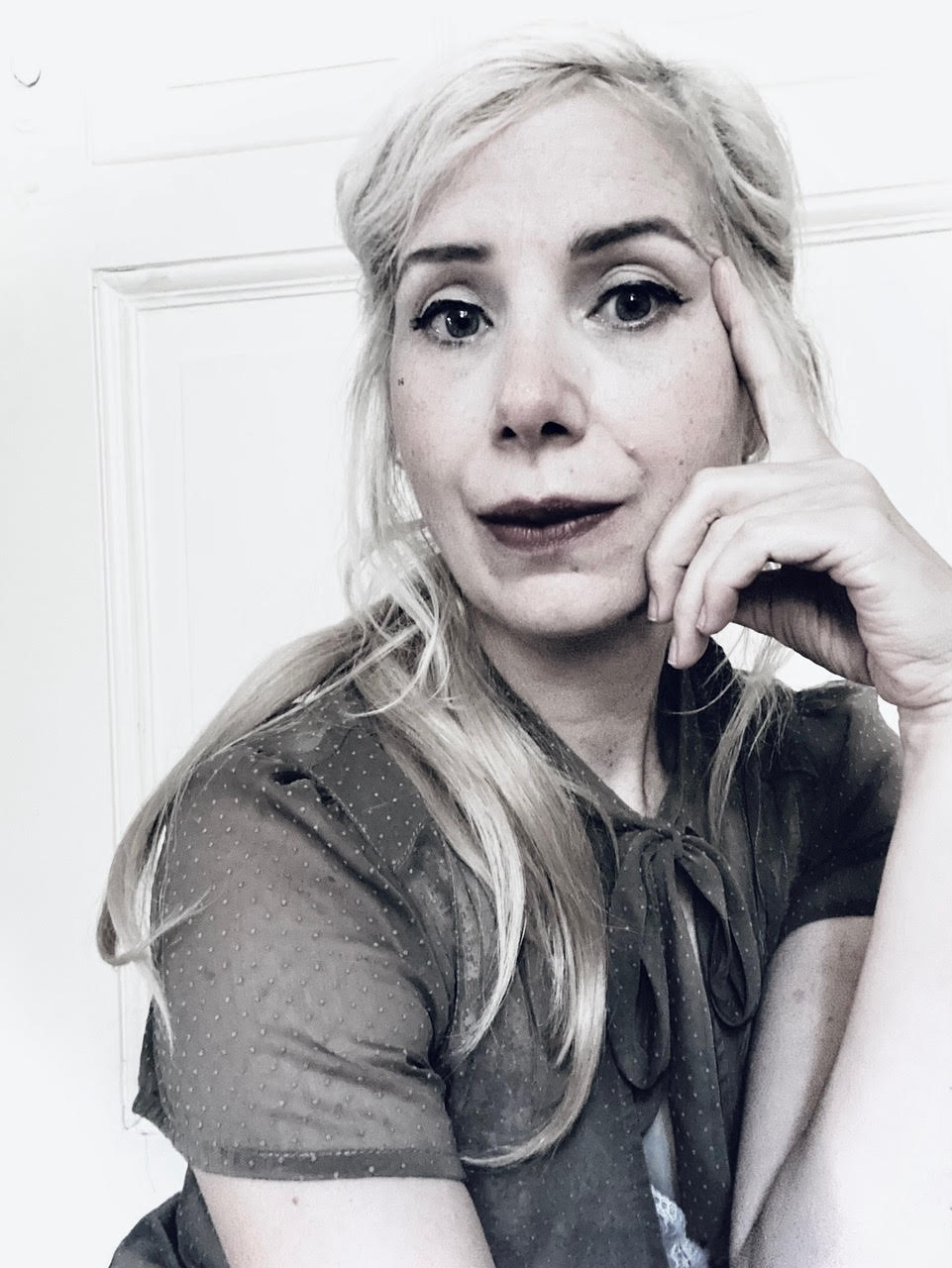
Birgitta Behr
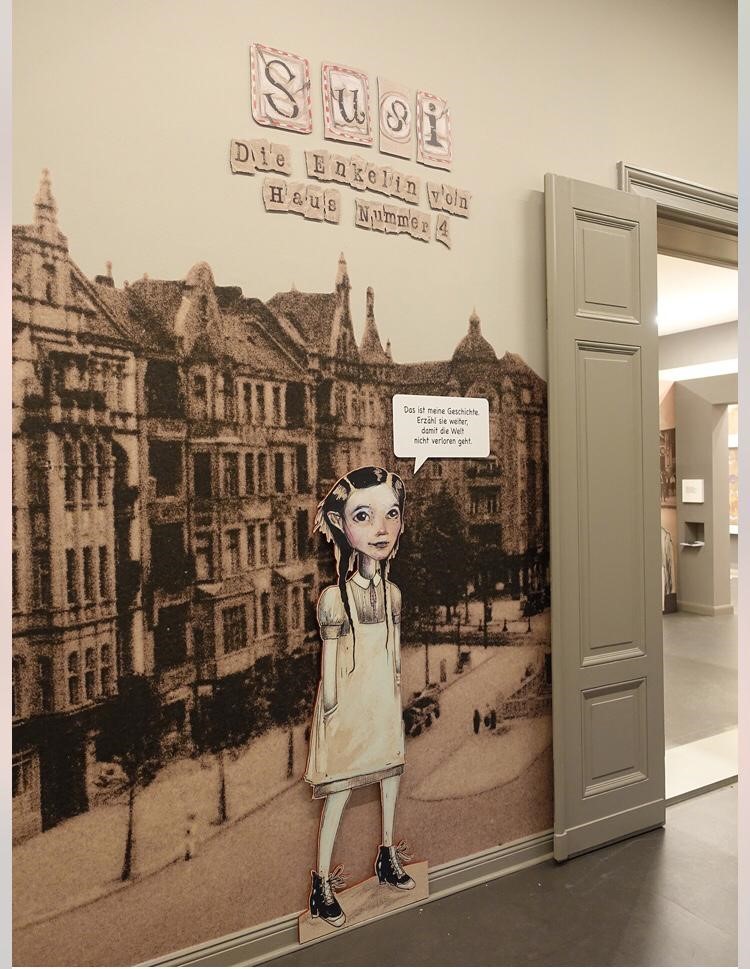

Translator: Maya Razboynikova-Frateva
Birgitta Behr
She is the author and illustrator of the book, which was published by ars in September 2016 in Germany. She studied at the University of the Arts in Berlin and realized many projects and project weeks on the theme of exclusion and diversity, developed and staged plays with children, led art workshops and realized exhibitions. She works as an artist in Berlin and has been a teacher for 12 years at the Cecilien School in the Wilmersdorf-Scharlottenburg district. Birgitta is the creator of numerous radio plays and multimedia theatre pieces that combine acting, music and video.
“Suzy, the Granddaughter of the House of No. 4 and the Time of the Hidden Jewish Stars”
is a graphic novel that will immerse readers in the past with all their senses, It combines poignant lyrics and contemporary historical references and thus connects with the young generation and especially with its visual language and subculture.
This is the true Berlin story of a Jewish girl who is forced to hide in the Berlin Underground. The book offers a special and child-appropriate summary of the events between 1933 and 1945 that has not been seen before and a concrete approach to historical and cultural education. The stumbling-block, the house No. 4, the school and the surrounding area can all be visited, everything exists in reality and thus an authentic picture is created. It is important to understand that Suzy is an example of the fact that there are other destinies besides Anne Frank, more Jewish families who have been helped. With a positive ending as the family survives, this story offers an optimistic perspective, especially for children, encouraging them to believe in “the good” and to never lose hope.
This project is memory and worldview work and offers action options that raise awareness for self-responsible action. One focus is anti-Semitism and the memory of Susie and the Holocaust. The aim is to build bridges to the present, to impart knowledge and raise awareness of the dangers associated with antisemitism but also with exclusion in general (xenophobia, othering, bullying, etc.).
The world does not start somewhere out there, but right inside you!
Maya Razboynikova-Frateva
She is also a translator of fiction and humanitarian literature.
She studied German at St. Kliment Ohridski University in Sofia, and in 1989 defended her PhD in Literary Studies at Leipzig University. Since 1989 she has been working at the Department of German and Scandinavian Studies at the University of St. Petersburg. He has been a professor at the University of St. Kliment Ohridski since 1989. In 2015 she was appointed Professor of German Literature at the same university. Her field of literary studies is German-language literature of the 19th, 20th and 21st centuries. She participates in projects on translation and literary studies, and in 2017 she supervised a project at the Faculty of Classical and New Philologies of St. Kliment Ohridski University on “German-language literature in the cultural context of Bulgaria”. She has twice been awarded the annual prize of the Society of Bulgarian Translators (in 1999 for the translation of Hans-Robert Jauss and in 2006 for the translation of Jelinek’s novel The Pianist), and in 2016 the national prize “Hristo G. Danov”, awarded by the Ministry of Culture and the city of Plovdiv (for the translation of Rilke’s letters).

